Κείμενο
Χαίρετε, ονομάζομαι Στέλιος Πανταζής, είμαι γιατρός εξειδικευμένος στην ιατρική διατροφολογία και στις διαταραχές του μεταβολισμού και σήμερα θα παρουσιάσω τρόπους να αυξήσετε την απορρόφηση σιδήρου από την διατροφή σας. Ο σίδηρος αποτελεί ένα από τα συχνότερα μέταλλα στον φλοιό της γης και όλοι οι οργανισμοί που ζουν σε αυτή τη γη τον έχουν ανάγκη για να λειτουργήσουν σωστά. Δυστυχώς όμως πάρα πολλοί άνθρωποι ειδικά κοπέλες έχουν έλλειψη σε σίδηρο, μία κατάσταση που ονομάζεται σιδηροπενία, αν και ο σίδηρος στη διατροφή τους είναι σε μεγάλες ποσότητες. Αυτό συμβαίνει γιατί ο σίδηρος απορροφάται πάρα πολύ δύσκολα από την τροφή μας. Θα ξεκινήσουμε χωρίζοντας δύο μορφές σιδήρου στην διατροφή μας. Ο ένας τύπος σιδήρου είναι αυτός που βρίσκεται κυρίως στις ζωικές τροφές και ονομάζεται σίδηρος αίμης, ο οποίος υπάρχει και σε μερικές φυτικές τροφές, όπως η σόγια. Άλλη μορφή σιδήρου είναι ο σίδηρος μη αίμης, που είναι ο σίδηρος που υπάρχει αποκλειστικά σε φυτικές τροφές. Από αυτές τις δύο μορφές σιδήρου, ο σίδηρος αίμης απορροφάται πιο εύκολα, δηλαδή σε ένα γεύμα που περιέχει σίδηρο αίμης υπολογίζεται ότι θα απορροφηθεί το 20 με 30% του σιδήρου, ενώ σε ένα γεύμα που περιέχει σίδηρο μη αίμης η απορρόφηση συνήθως είναι από 1 έως 10%. Ο σίδηρος που δεν απορροφάται θα χαθεί στα κόπρανα. Αυτό φαίνεται να κάνει το σίδηρο αίμης μονόδρομο για τα άτομα που θέλουν να αυξήσουν το σίδηρο στο αίμα τους, αλλά δεν είναι υποχρεωτικά έτσι. Υπάρχουν μία σειρά από παράγοντες που μπορεί να απογειώσουν την απορρόφηση του σιδήρου μη αίμης, έτσι ώστε να είναι εφικτό να εξασφαλίσουμε επάρκεια σιδήρου στον οργανισμό μας. Σήμερα θα παρουσιάσω αυτούς τους παράγοντες. Πριν ξεκινήσω όμως θέλω να τονίσω κάτι που είναι εξαιρετικά σημαντικό. Όσο σίδηρο κι αν περιέχει η διατροφή σας, όσους πολλούς παράγοντες που αυξάνουν την απορρόφηση του σιδήρου και αν καταναλώνεται, όσο αυστηρά και αν αποφεύγετε τους παράγοντες που εμποδίζουν την απορρόφηση σιδήρου, δεν θα καταφέρετε να αυξήσετε στο σίδηρο στο

αίμα σας αν το γαστρεντερικό σας σύστημα δεν λειτουργεί σωστά. Όταν ξεκίνησα να κάνω αυτή τη δουλειά, πριν περίπου 20 χρόνια, συνήθιζα να δέχομαι πολλές κοπέλες ασθενείς με κύριο αίτημα τη δυσκολία αυξήσης του σιδήρου στο αίμα τους ακόμα κι αν κατανάλωναν κρέας καθημερινά. Στις περισσότερες ή μάλλον σε όλες από αυτές τις περιπτώσεις μου περιέγραφαν γαστρεντερικά συμπτώματα. Τυπικά μου ανέφεραν φούσκωμα, δυσκοιλιότητα ή μαλακά κόπρανα, συχνά πόνο στην κοιλιά και αυτό που συχνά αναφέρεται ως σύνδρομο ευερέθιστου εντέρου η σπαστική κολίτιδα. Ένα άτομο που πάσχει από σύνδρομο ευερέθιστου εντέρου η σπαστική κολίτιδα θα πρέπει να αντιμετωπίσει αυτό το πρόβλημα πρώτα για να μπορέσει να γίνει η απορρόφηση του σιδήρου σωστά. Καλό είναι λοιπόν να γνωρίζετε ότι αν έχετε κάποιο από αυτά τα ενοχλήματα θα πρέπει να το αντιμετωπίσετε διατροφικά έτσι ώστε να απορροφηθεί ο σίδηρος που ήδη υπάρχει στη διατροφή σας. Σε περίπτωση που δεν έχετε όμως τέτοια συμπτώματα και ο σίδηρος στο αίμα παραμένει χαμηλός τότε υπάρχει μία σειρά από τροφές που μπορούν να βοηθήσουν στην απορρόφηση σιδήρου, αλλά και κάποιες τροφές που πρέπει να τις προσέχετε γιατί εμποδίζουν την απορρόφηση του. Ασβέστιο: Οι τροφές που έχουν μεγάλη περιεκτικότητα σε ασβέστιο, όπως και τα συμπληρώματα διατροφής που έχουν μεγάλη περιεκτικότητα σε ασβέστιο εμποδίζουν σημαντικά την απορρόφηση σιδήρου και των δύο μορφών, δηλαδή και του σιδήρου αίμης και μη αίμης. Στις μελέτες έχει υπολογιστεί ότι μειώνεται η απορρόφηση ασβεστίου 50 έως 60% σε ένα γεύμα όταν αυτό περιέχει γάλα, γιαούρτι, τυρί ή συμπληρώματα με ασβέστιο. Το καλό είναι ότι η ανασταλτική επίδραση διαρκεί δύο ώρες το πολύ, άρα αν το γεύμα με το σίδηρο και το γεύμα ή συμπλήρωμα με ασβέστιο απέχουν ένα δίωρο η απορρόφηση σιδήρου θα γίνει φυσιολογικά. Φυτικό οξύ: Οι φυτικές τροφές, ειδικά ο φλοιός τους, περιέχει μεγάλη ποσότητα από το φυτικό οξύ το οποίο δεσμεύει το σίδηρο και δεν το αφήνει να απορροφηθεί. Παρόλα αυτα, φαίνεται ότι οι χορτοφάγοι, τα άτομα

δηλαδή τα οποία δεν τρώνε αρκετό σίδηρο αίμης, έχουν αναπτύξει μία σειρά από μηχανισμούς και προσαρμογές στο γεγονός ότι δεν περιέχει σίδηρο αίμης η διατροφή τους και μπορούν και απορροφούν το σίδηρο μη αίμης πάρα πολύ καλύτερα από τους μη χορτοφάγους. Αυτό συνήθως είναι αρκετό για να τους εξασφαλίσει ικανοποιητικά επίπεδα σιδήρου στο αίμα, αλλά σε περίπτωση που κάτι τέτοιο δεν συμβαίνει υπάρχουν μία σειρά από τρικ που μπορεί να κάνει κάποιος για να μειώσει το φυτικό οξύ στις στροφές, ώστε να απορροφηθεί το σίδηρο καλύτερα. Η πιο απλή λύση είναι η προσθήκη οργανικών οξέων στο γεύμα με σίδηρο μη αίμης, δηλαδή ξινών συστατικών, όπως ξύδι, λεμόνι, πορτοκάλι, σαλάτες που είναι πλούσιες σε βιταμίνη C πού είναι όξινη και φρούτα, που επίσης είναι όξινα. Επίσης, το μούλιασμα των οσπρίων και των δημητριακών μειώνει σημαντικά την περιεκτικότητα σε φυτικό οξύ και μπορεί να είναι κάτι που μπορεί να επιλέξει κάποιος να κάνει, όπως και η παραγωγή φύτρων. Τα φύτρα περιέχουν πολύ λιγότερα φυτικά οξέα από ότι ο σπόρος που τα παράγει. Τέλος, μία μέθοδος που δεν συνηθίζεται στην Ελλάδα αρκετά, αλλά μπορεί να βοηθήσει στη σημαντική μείωση του φυτικού οξέος είναι η ζύμωση των φυτικών τροφών, όπως γίνεται στην Κεντρική Ευρώπη με το ξινολάχανο και στην Κορέα με το καταπληκτικό κίμτσι. Πριν όμως δοθεί η αίσθηση ότι το φυτικό οξύ είναι κάτι κακό για την υγεία μας, θέλω να τονίσω ότι ισχύει το ακριβώς αντίθετο. Το φυτικό οξύ ναι μεν εμποδίζει την απορρόφηση σιδήρου και άλλων μετάλλων και ιχνοστοιχείων, από την άλλη όμως έχει ισχυρή αντικαρκινική και αντιοξειδωτική δράση. Άρα, πρέπει να υπάρχει στη διατροφή μας σε αφθονία. Φαινόλες: Οι φαινόλες είναι ουσίες οι οποίες θεωρούνται πάρα πολύ καλές για την υγεία μας γιατί έχουν ισχυρή αντιοξειδωτική δράση, αλλά δυστυχώς εμποδίζουν την απορρόφηση του σιδήρου σε πολύ μεγάλο βαθμό. Φαινόλες περιέχει ο καφές, το τσάι, το κόκκινο κρασί, το κακάο και μερικά λαχανικά, όπως το σπανάκι και η μελιτζάνα. Από όλα αυτά, αυτό που εμποδίζει περισσότερο την

απορρόφηση σιδήρου είναι το μαύρο τσάι το οποίο όπως και τα υπόλοιπα που αναφέραμε πρέπει να απέχει τουλάχιστον τέσσερις ώρες από τροφές που είναι πλούσιες σε σίδηρο ή συμπληρώματα σιδήρου. Πλούσια σε φαινόλες είναι και τα ροφήματα από βότανα, που επίσης δεν πρέπει να τα καταναλώνουμε κοντά σε γεύματα που περιέχουν σίδηρο. Βιταμίνη C: Όπως είπαμε και νωρίτερα η βιταμίνη C αυξάνει σημαντικά την απορρόφηση σιδήρου. Έτσι λοιπόν συμπεραίνουμε ότι είναι μία καταπληκτική ιδέα να προσθέτουμε χυμό λεμονιού στις σαλάτες, γιατί αν και το ξύδι βοηθάει επίσης, το ξύδι δεν περιέχει βιταμίνη C ενώ το λεμόνι περιέχει και βιταμίνη C. Έτσι ο χυμός λεμονιού αυξάνει την απορρόφηση σιδήρου που υπάρχει στις φυτικές τροφές για δύο λόγους. Και γιατί είναι όξινη ουσία αλλά και γιατί περιέχει βιταμίνη C. Άρα όσοι θέλουν να μεγιστοποιήσουν την απορρόφηση σιδήρου στη διατροφή τους πρέπει στις σαλάτες τους να προσθέτουν λεμόνι και μάλιστα όσο πιο πολύ αντέχουν γιατί έχει φανεί ότι μεγαλύτερη ποσότητα βιταμίνης C οδηγεί σε ακόμα περισσότερο αυξημένη απορρόφηση του σιδήρου. Χωρίς φυσικά να καταστρέψουμε το στομάχι μας από τα οξέα! Ζωική πρωτεΐνη: Η ζωική πρωτεΐνη που περιέχεται στο κρέας αυξάνει την απορρόφηση του σιδήρου, τόσο του σιδήρου αίμης όσο και του σιδήρου μη αίμης. Άρα, είναι καταπληκτική ιδέα να συνδυάζουμε τις σαλάτες που είναι πλούσιες σε σίδηρο μαζί με κρέας για να μεγιστοποιούμε την απορρόφηση σιδήρου. Αλκοόλ: Μου φαίνεται παράξενο ακόμα που το λέω, αλλά το αλκοόλ φαίνεται ότι αυξάνει λίγο την απορρόφηση σιδήρου. Προφανώς συνυπολογίζοντας τις βλάβες που προκαλεί στην υγειά μας και ειδικά στο νευρικό μας σύστημα, μάλλον είναι μία κακή ιδέα η χρήση του για αύξηση της απορρόφησης σιδήρου. Αν βρήκατε το θέμα ενδιαφέρον, σας παρακαλώ, να πατήσετε το κουμπί μου αρέσει, να το μοιραστείτε με άτομα που θα το βρουν ενδιαφέρον και να εγγραφείτε στο κανάλι για να σας ενημερώνουμε για μελλοντικά θέματα. Επίσης, μπορείτε να χρησιμοποιήσετε τα σχόλια για να ζητήσετε να παρουσιάσουμε ένα

θέμα στο μέλλον. Σας ευχαριστώ πολύ.

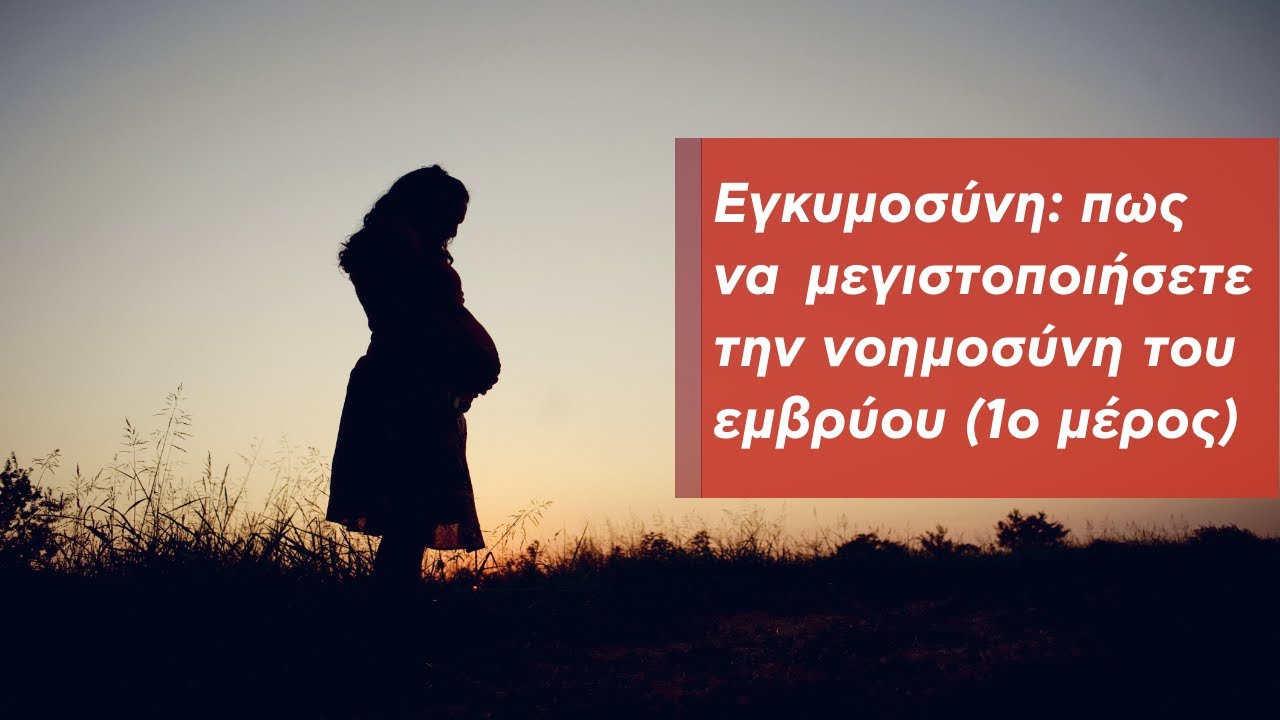
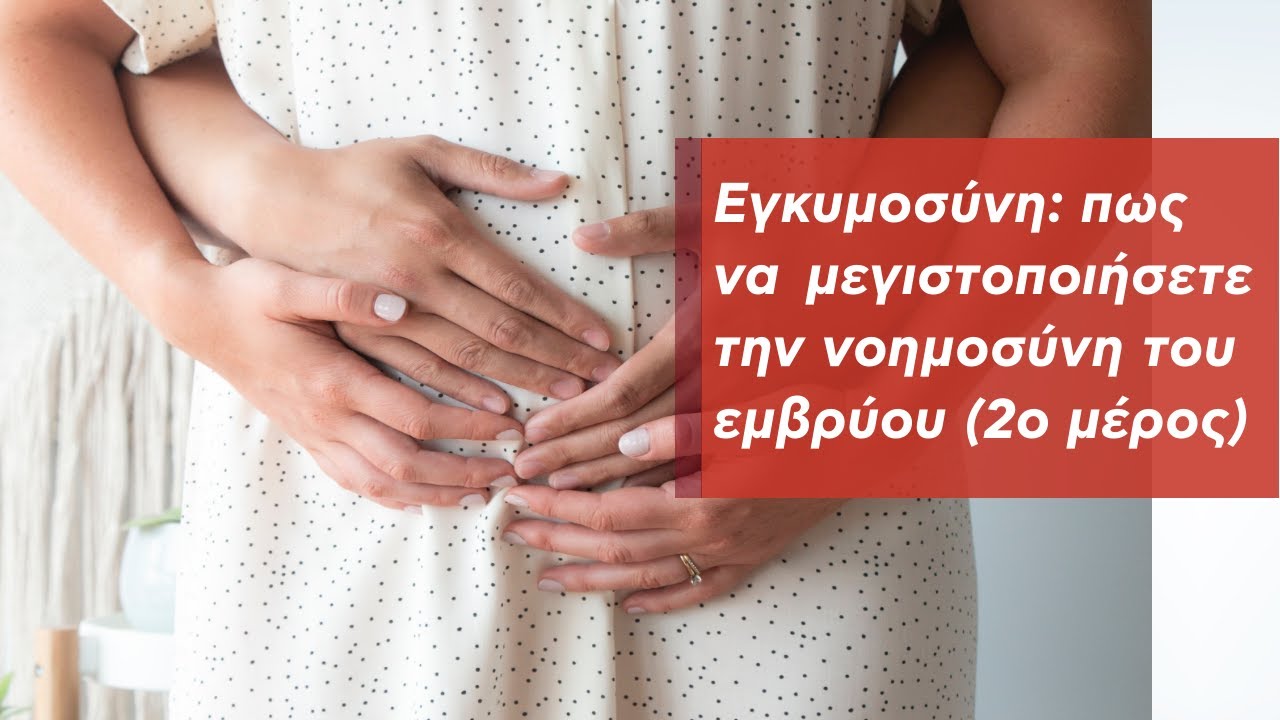
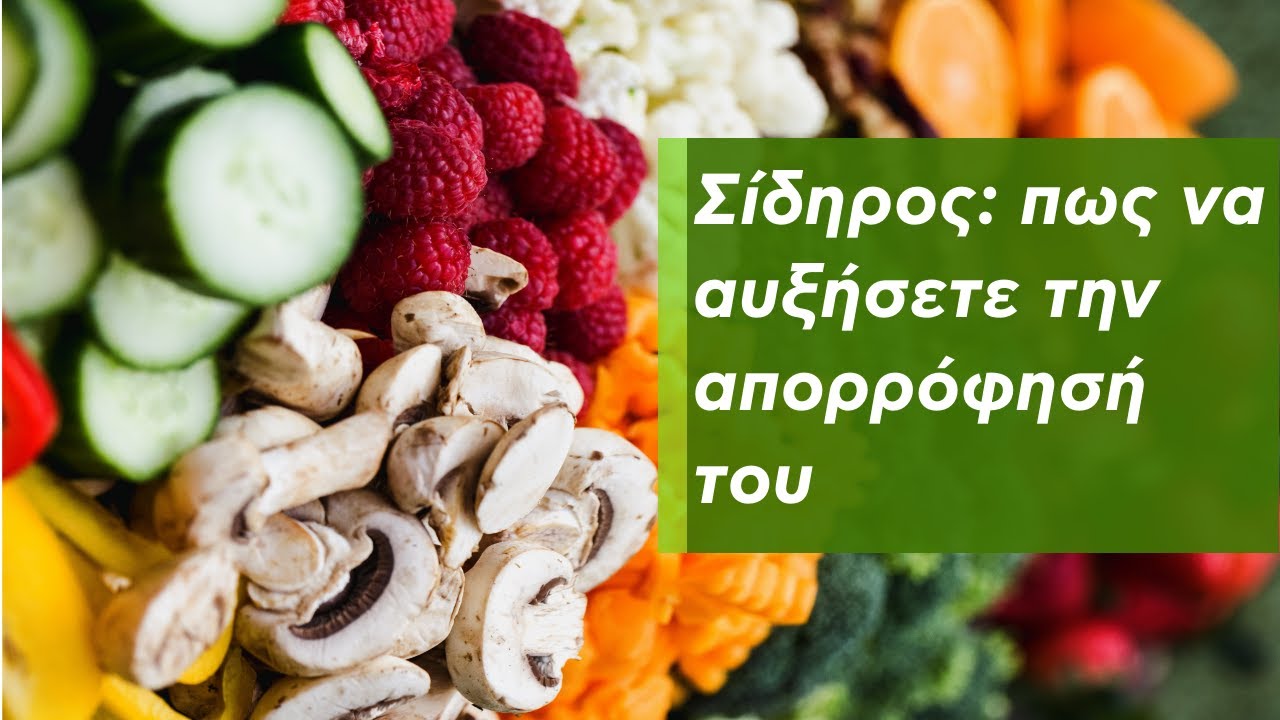
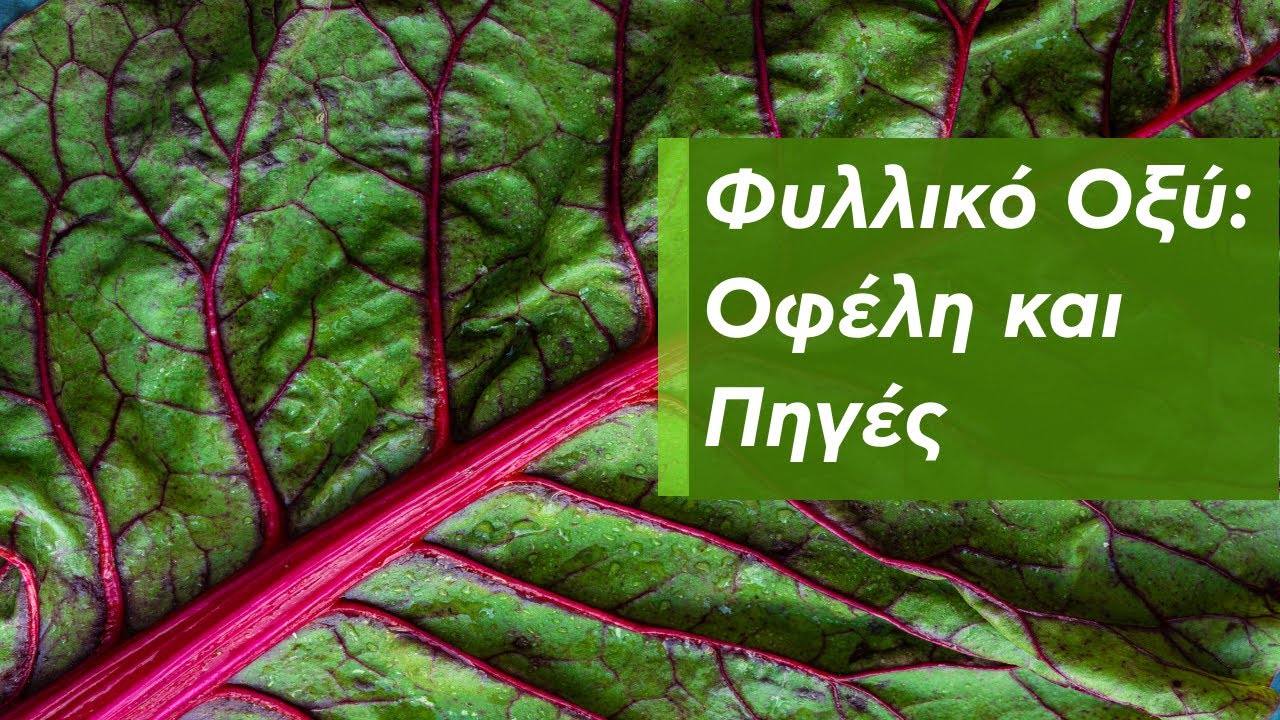
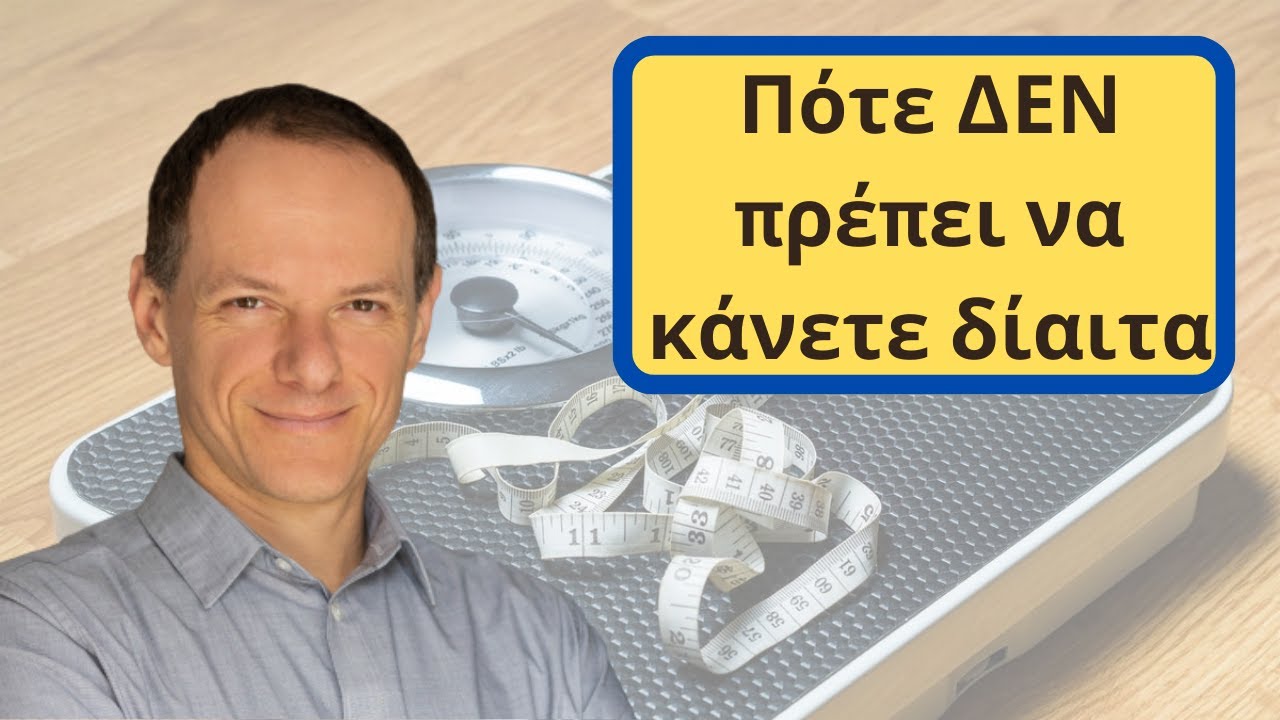

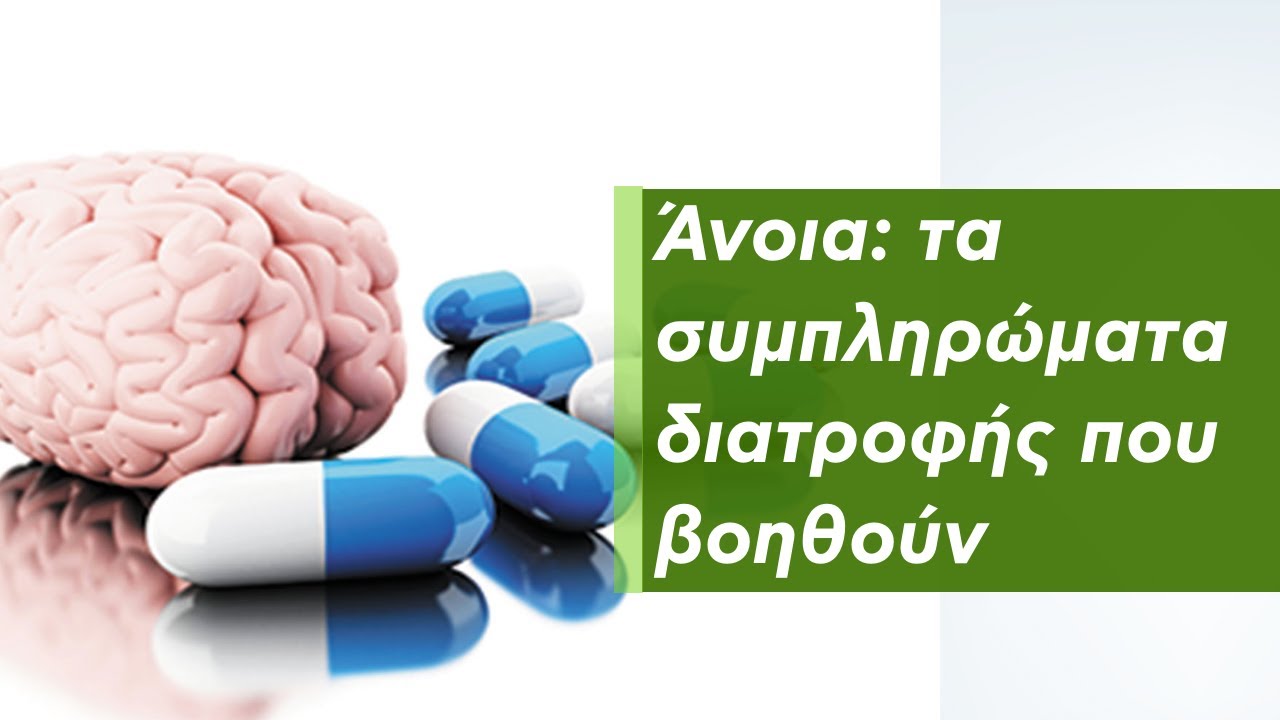
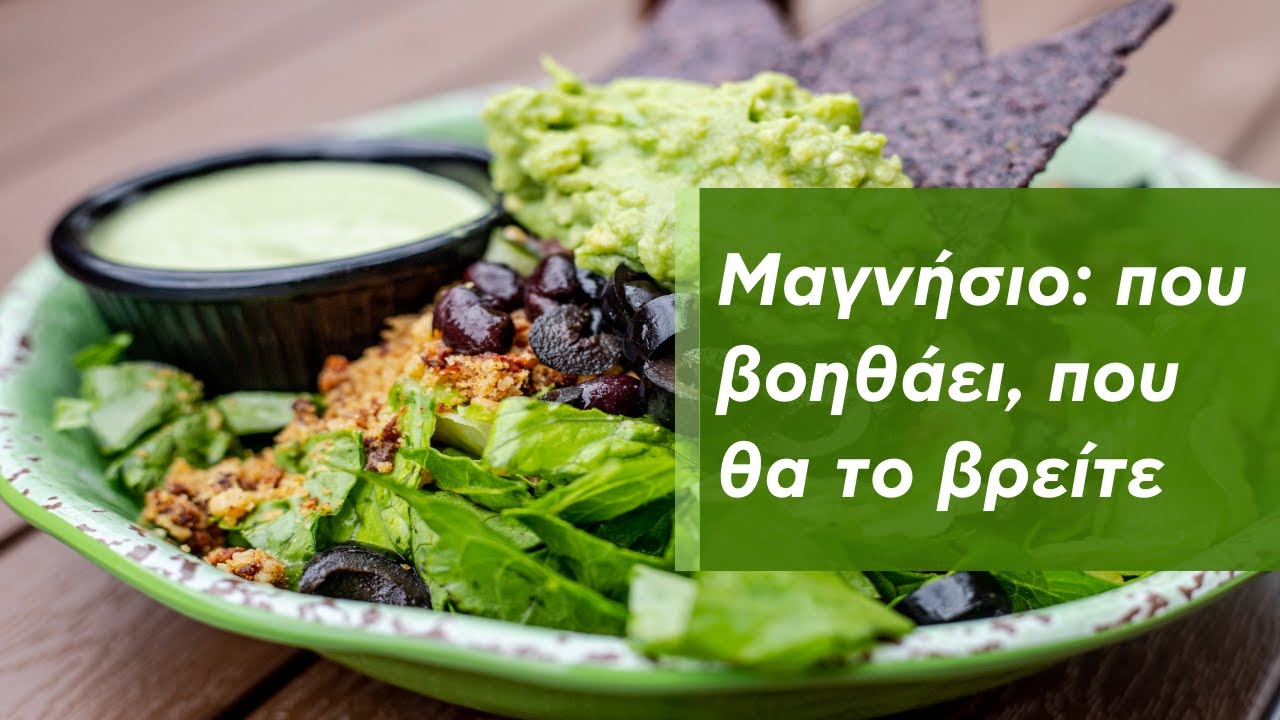
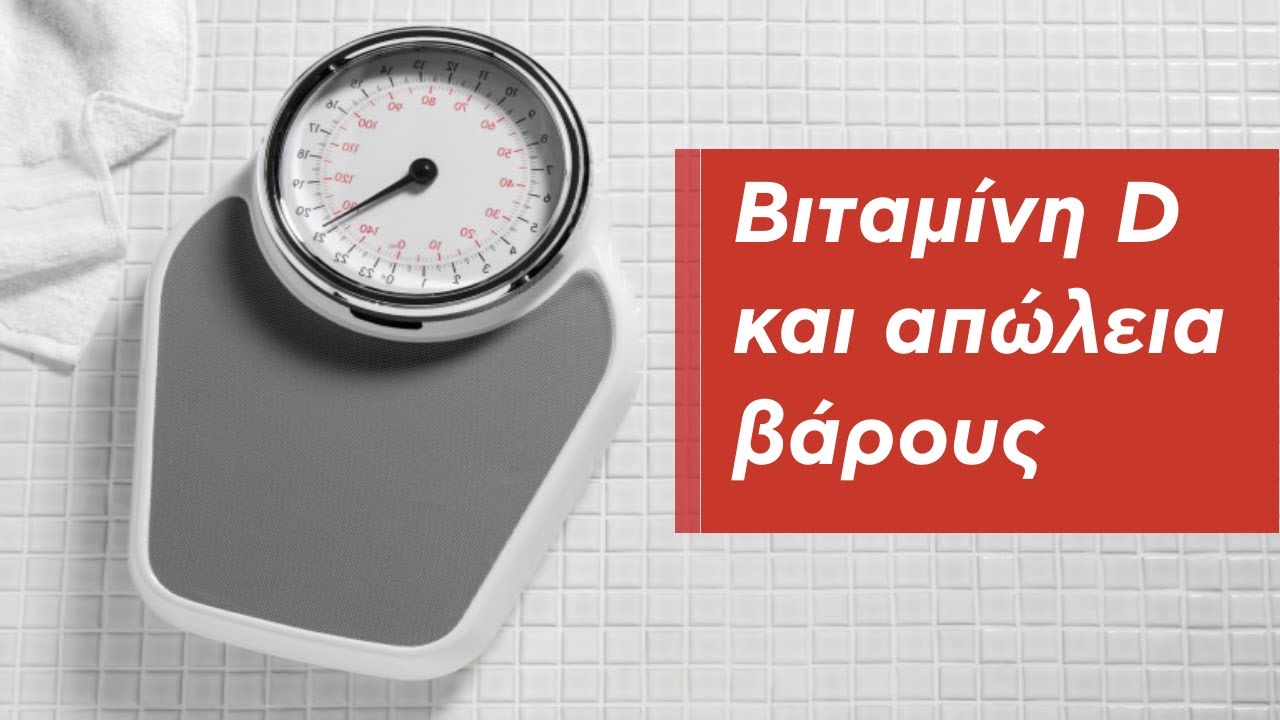
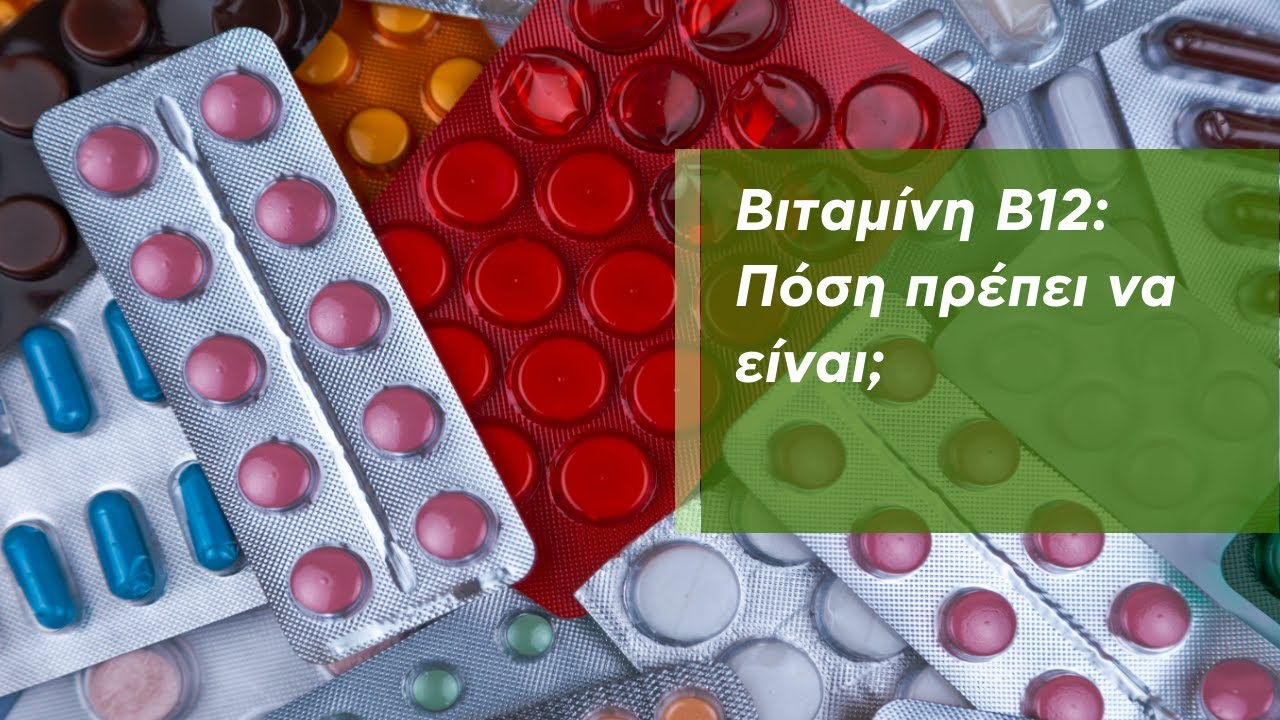
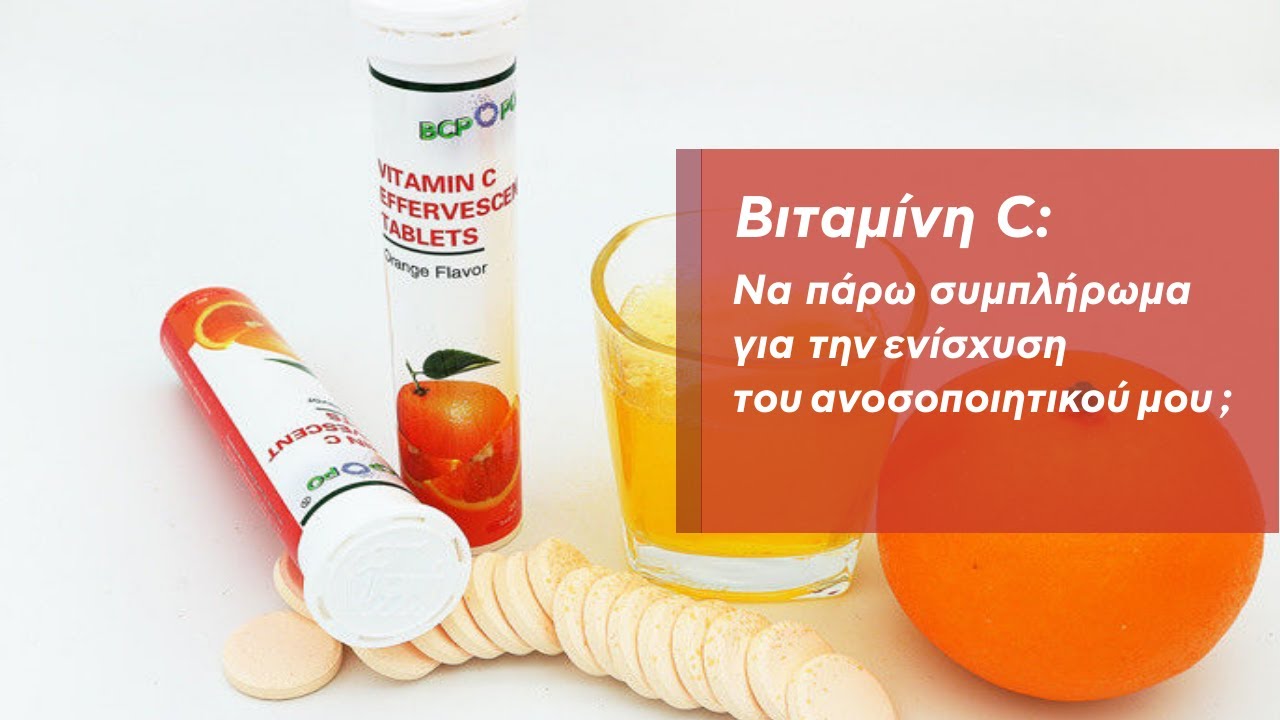
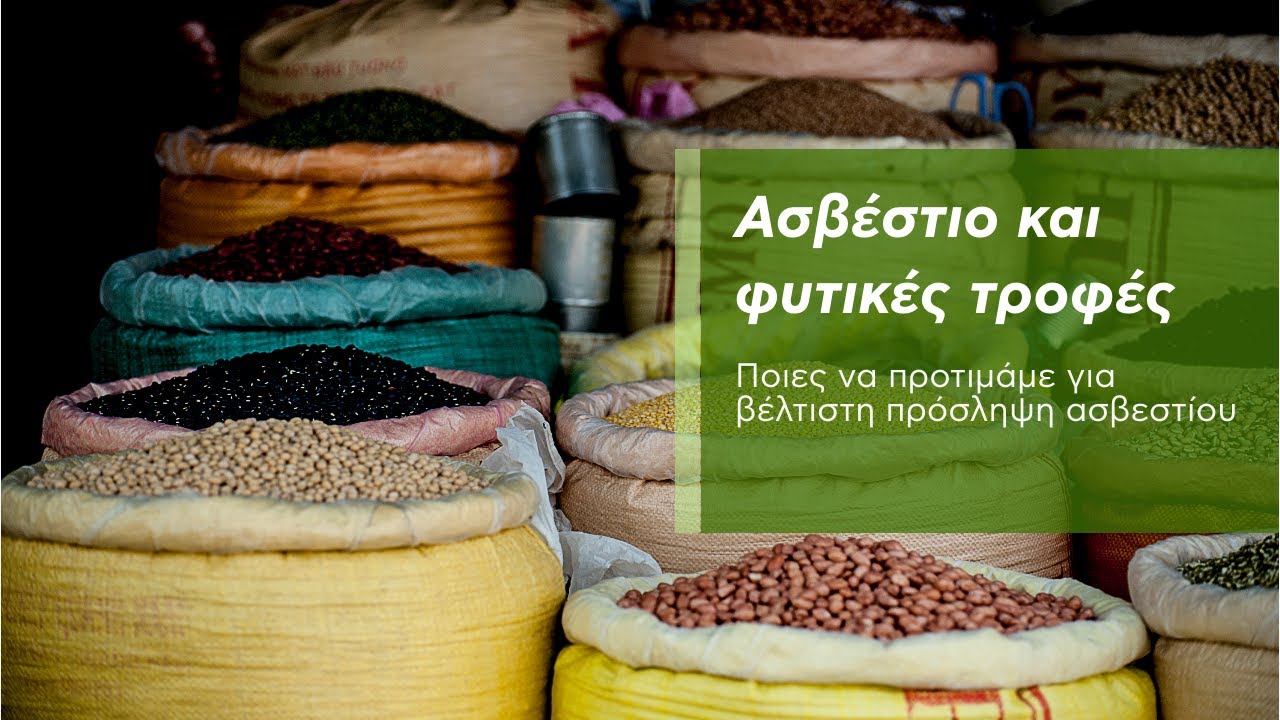
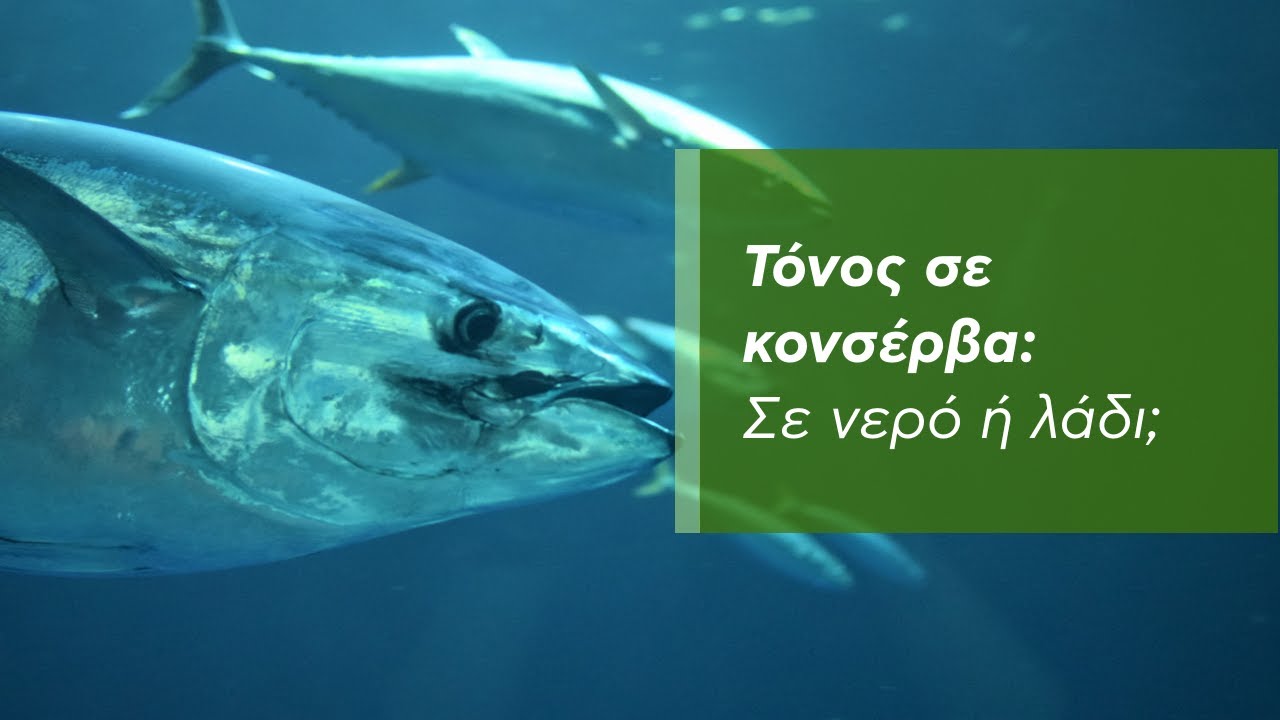
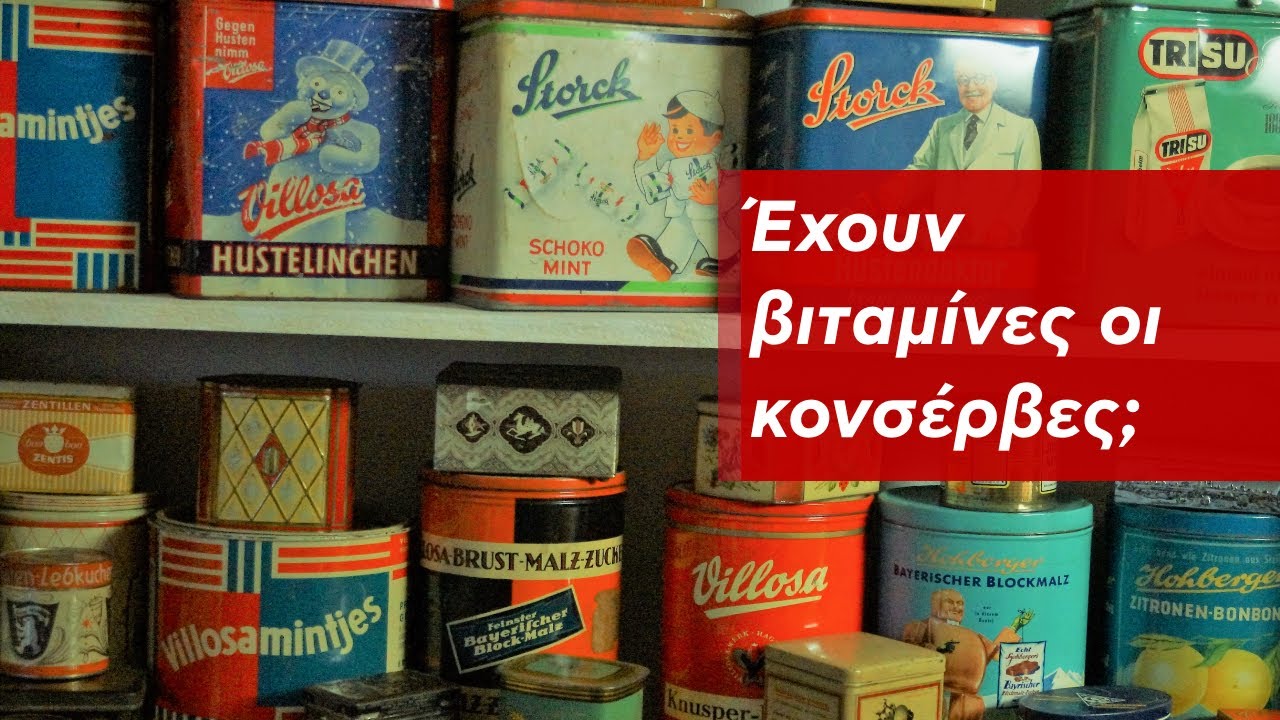
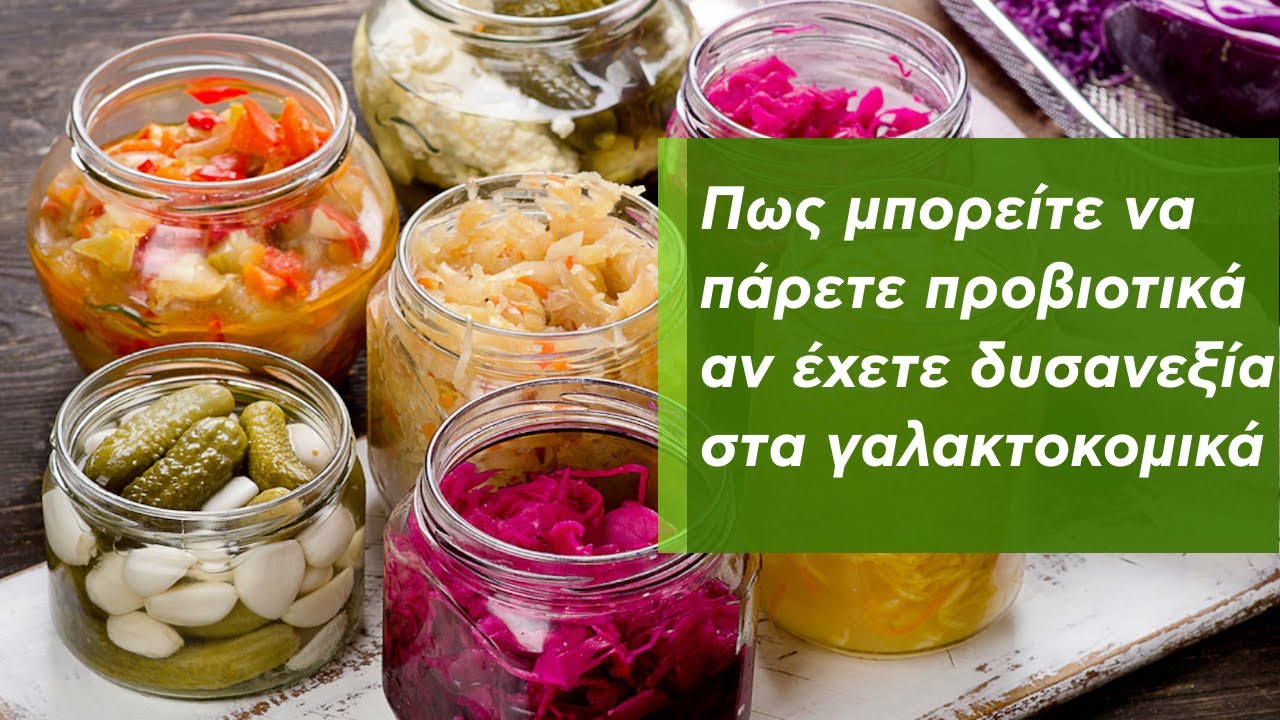
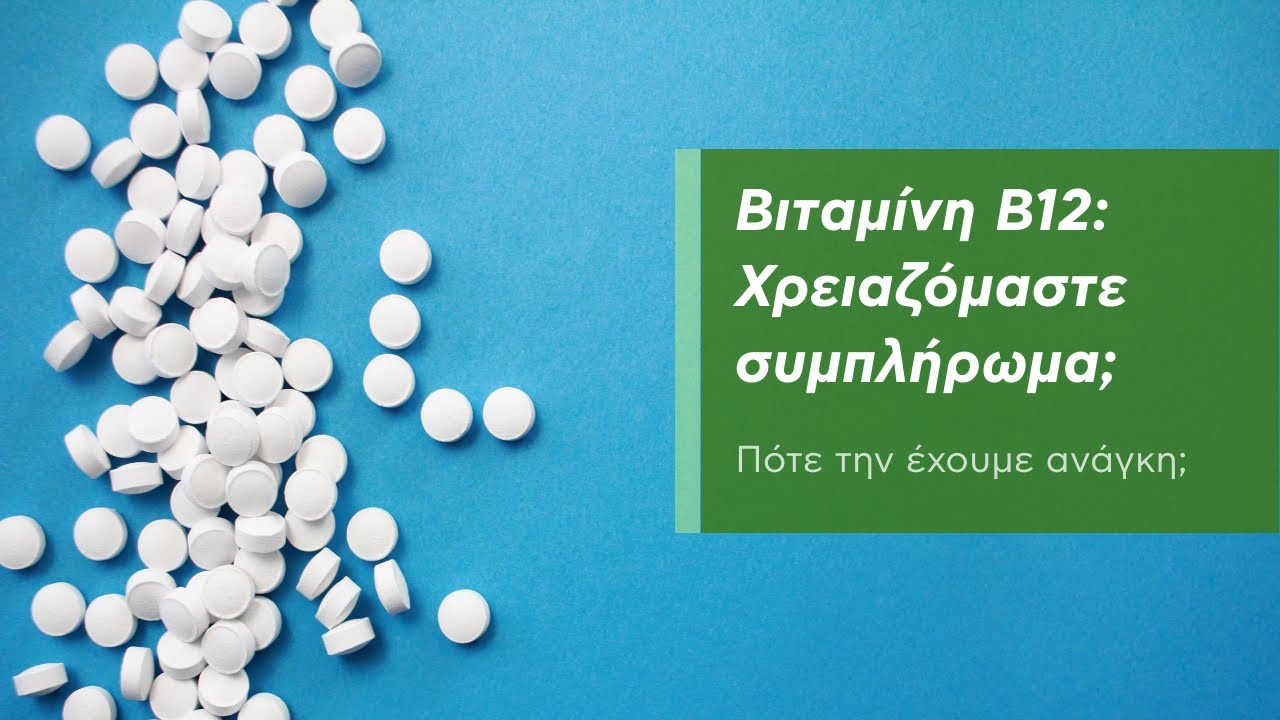
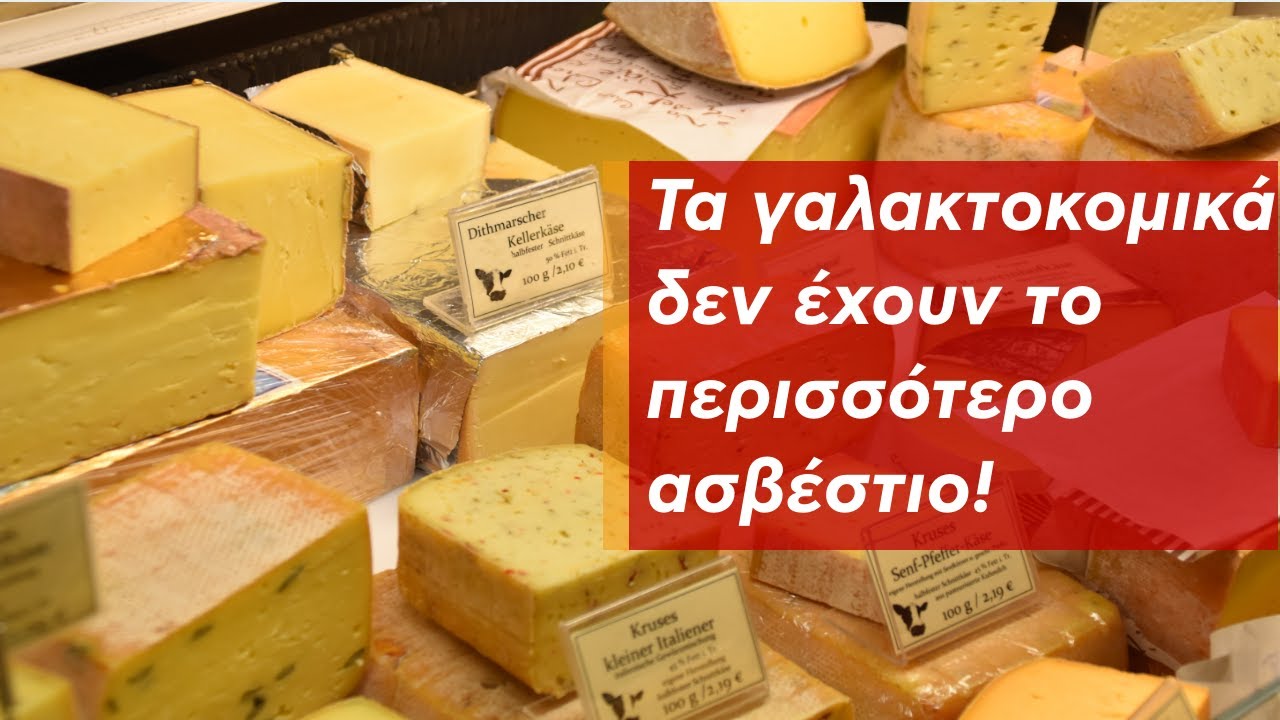
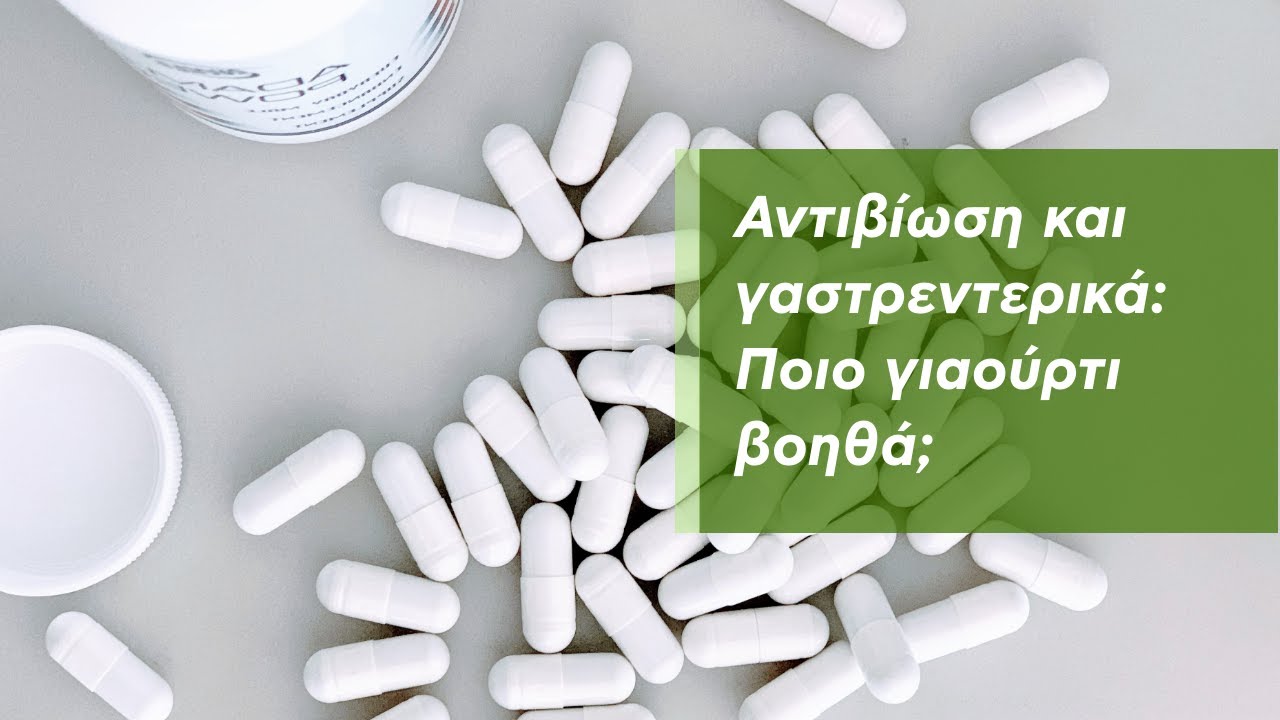
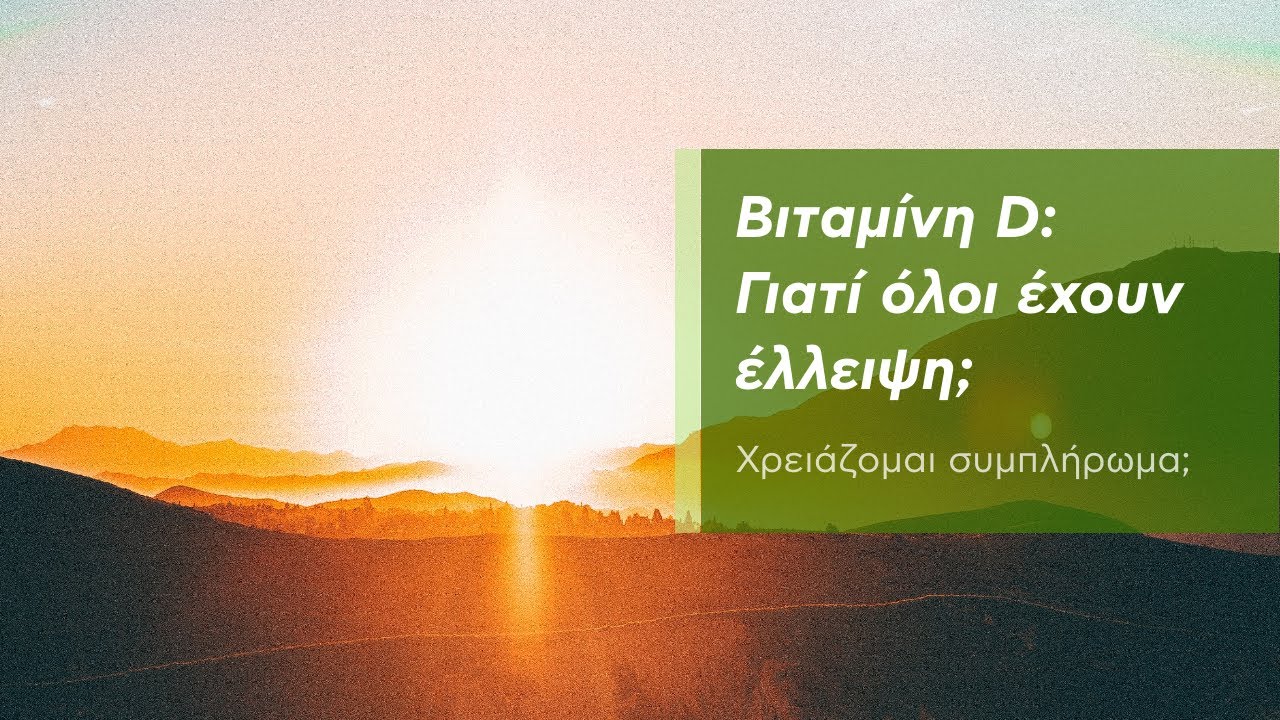
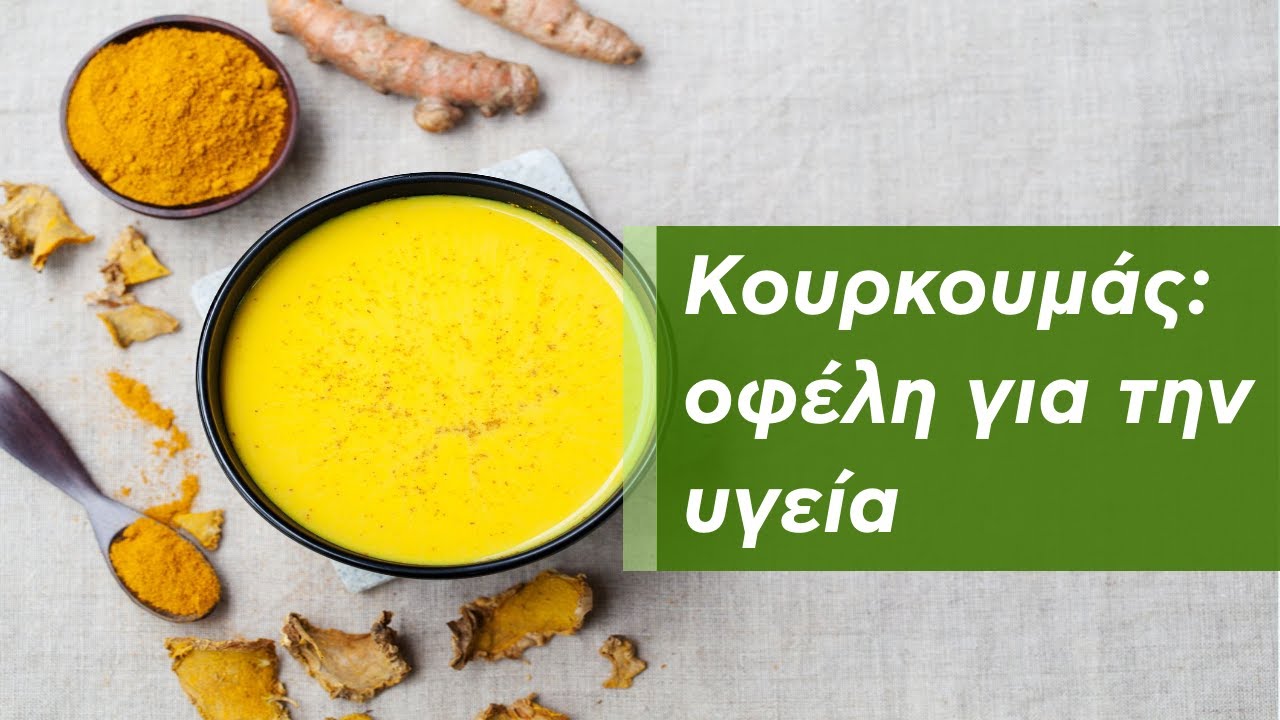
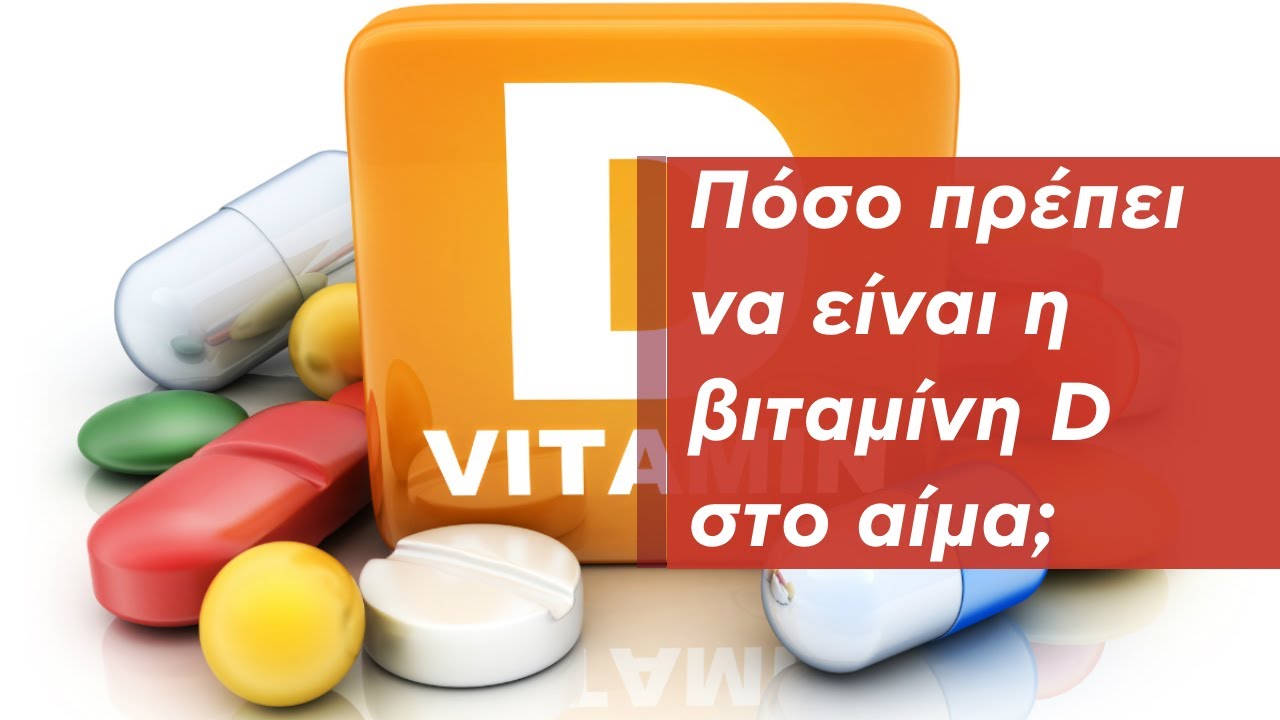
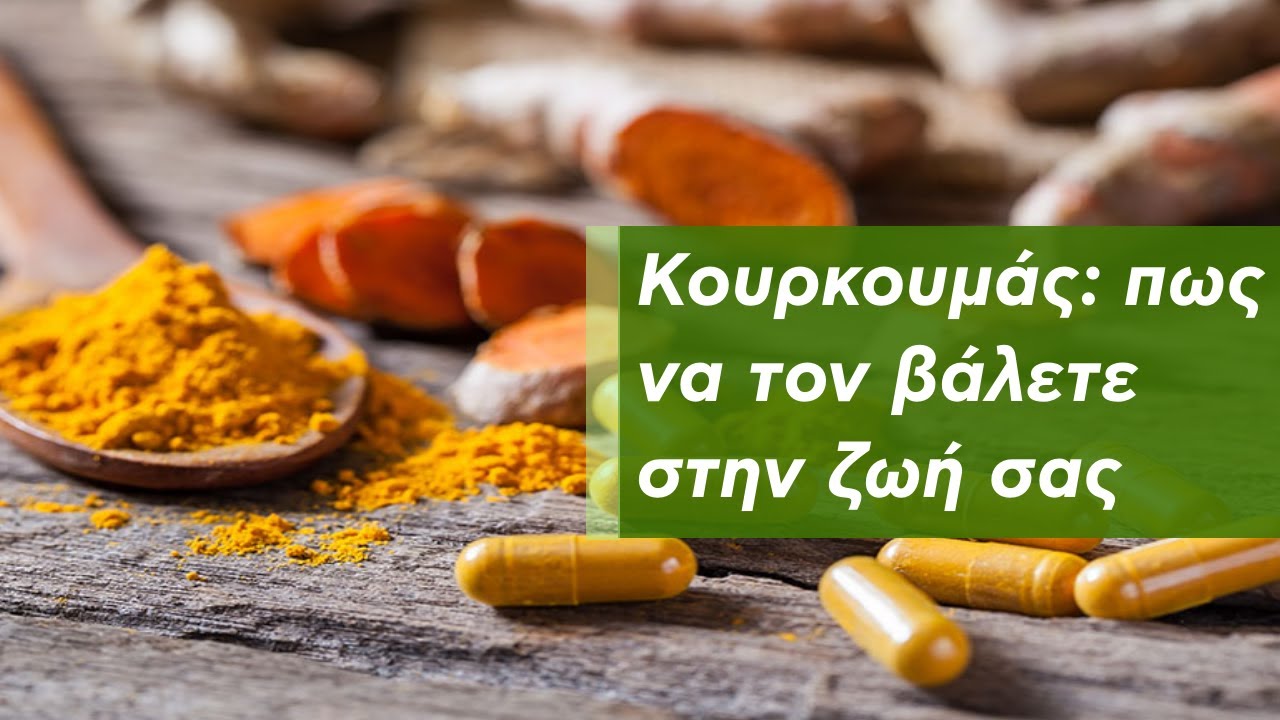
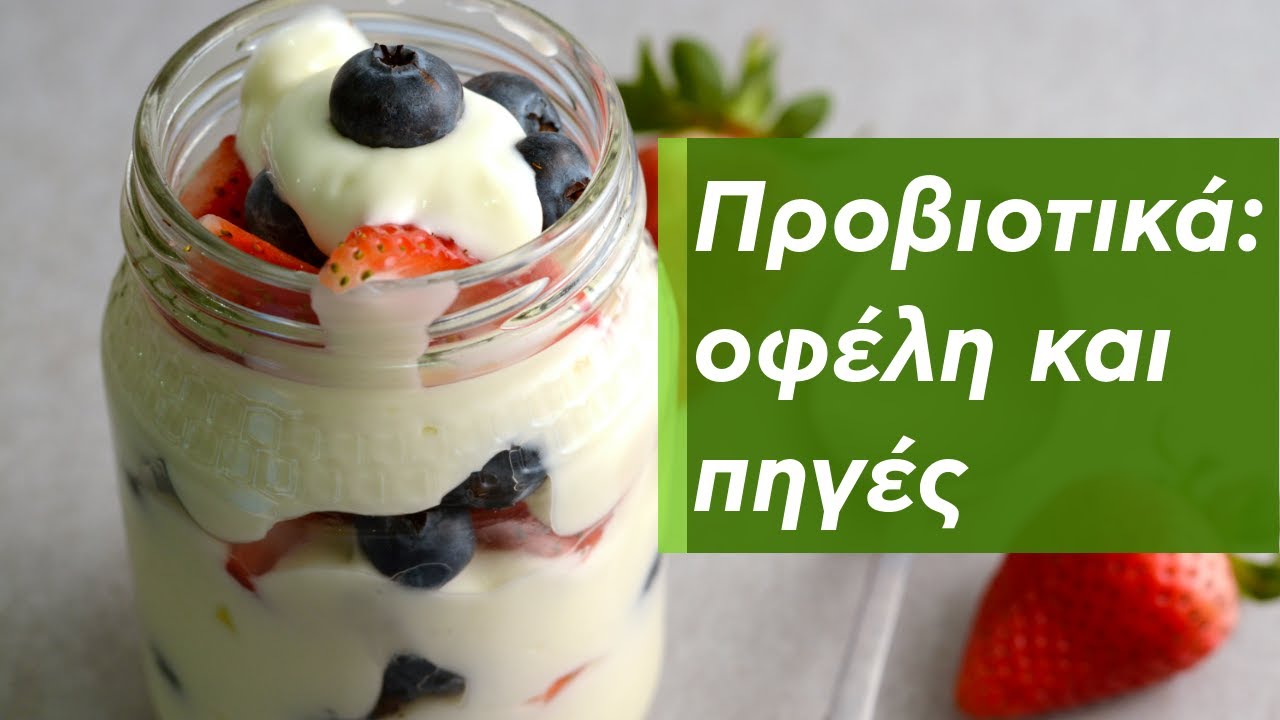
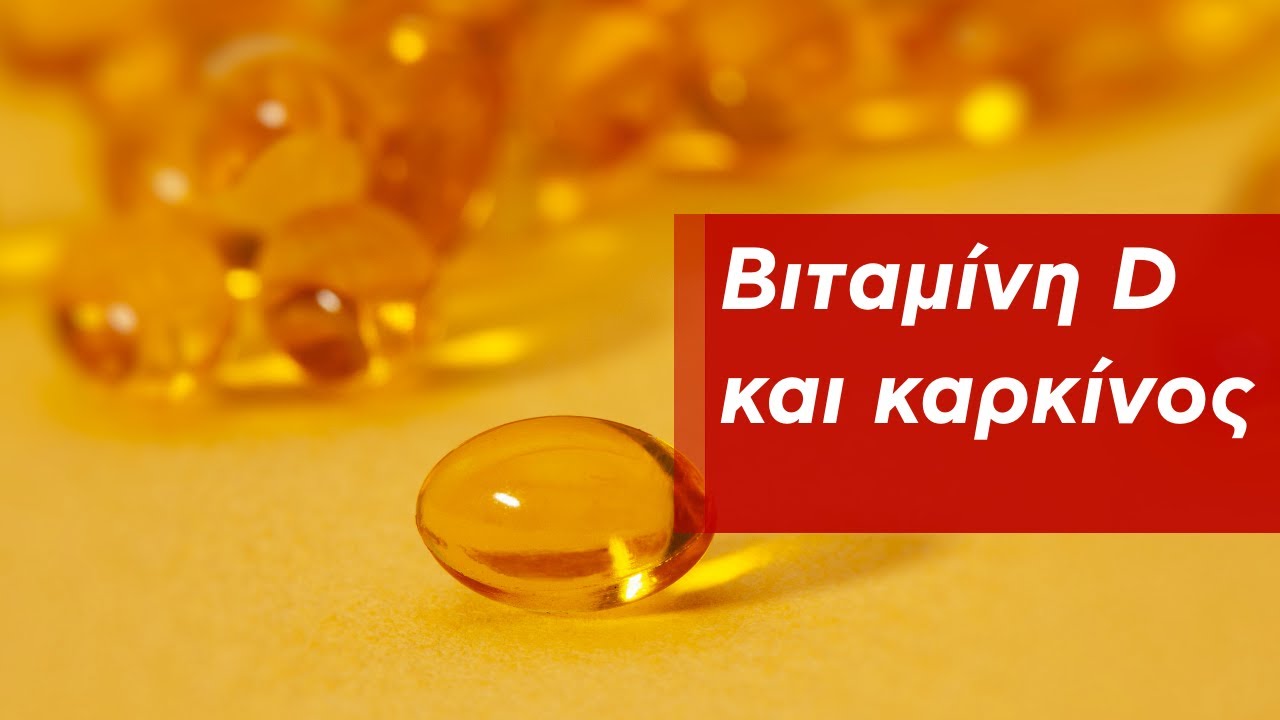
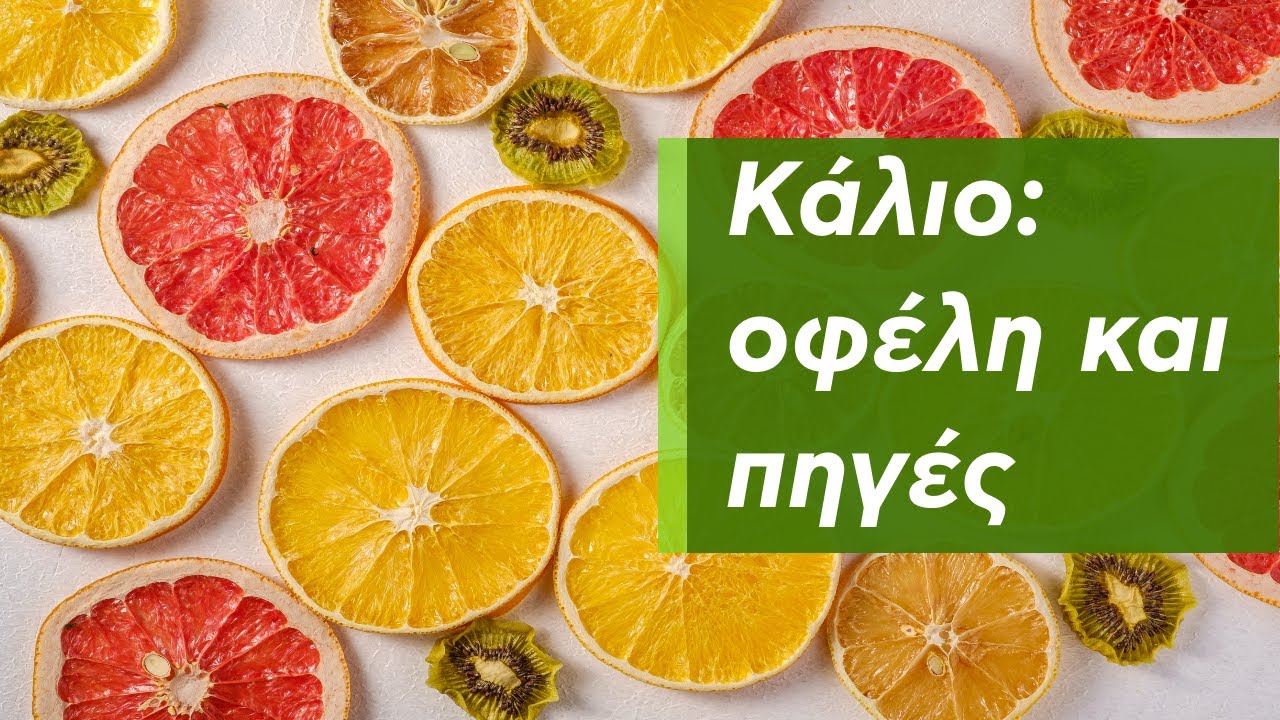
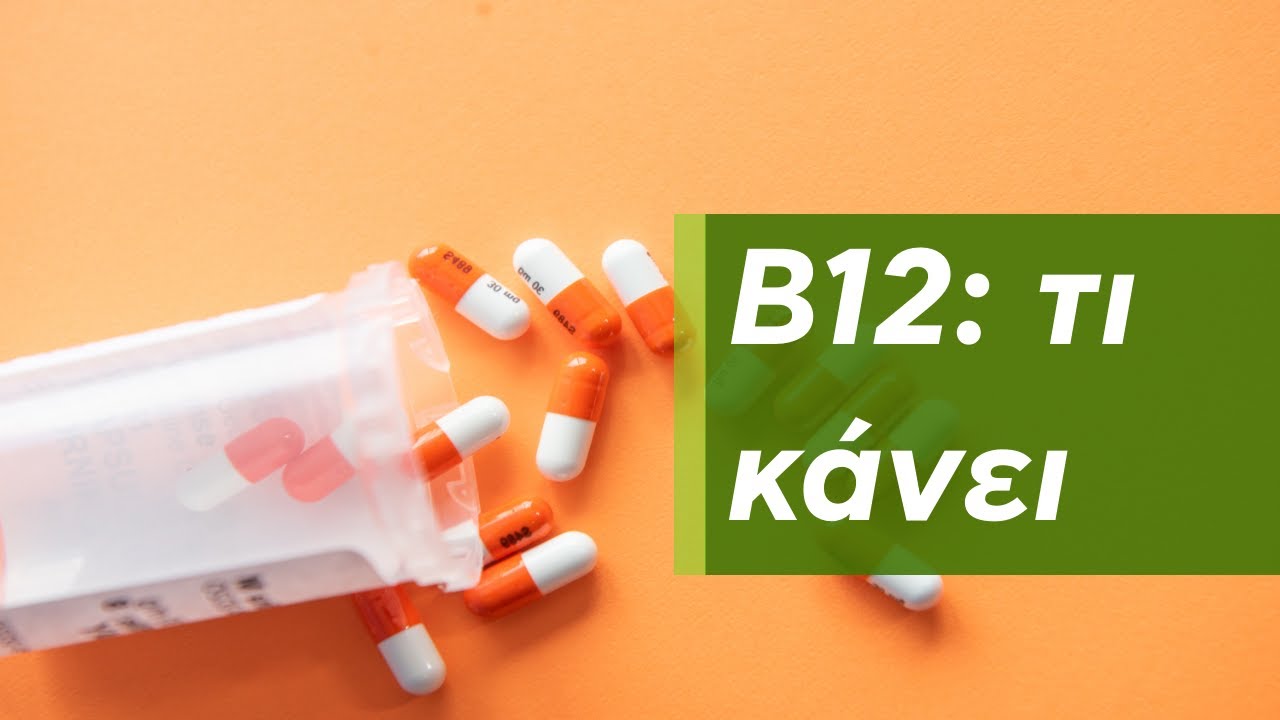
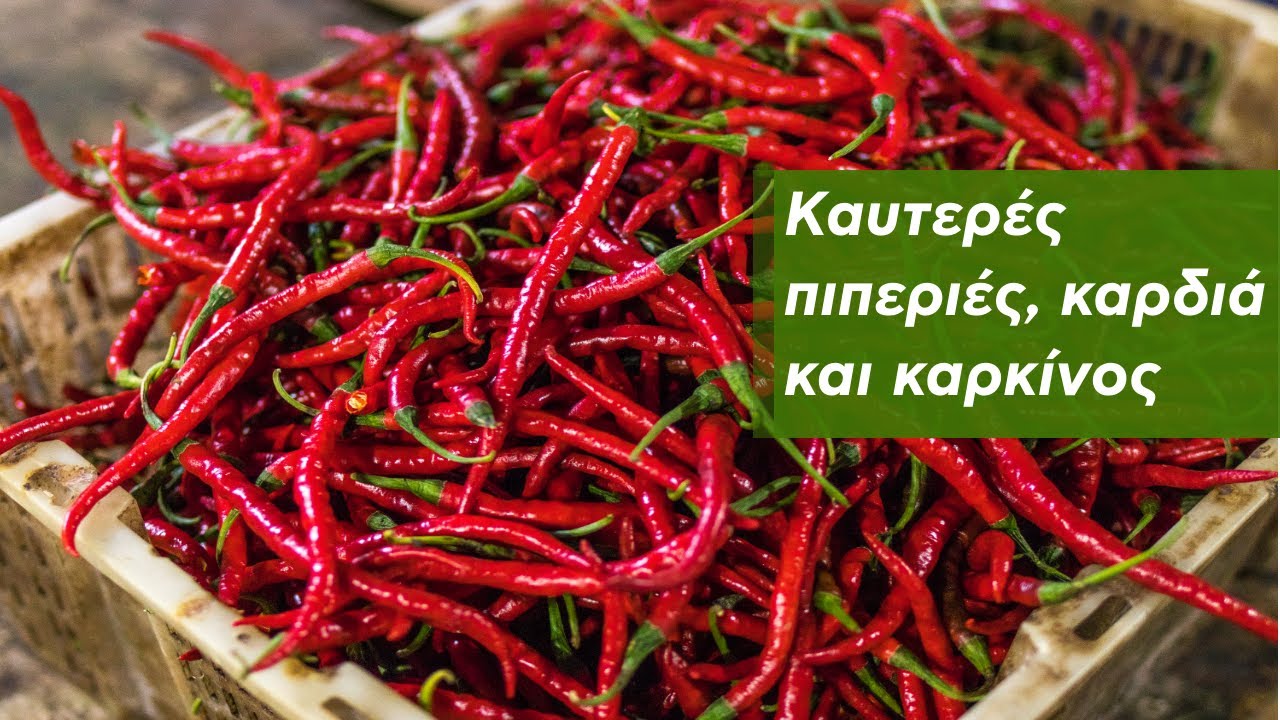
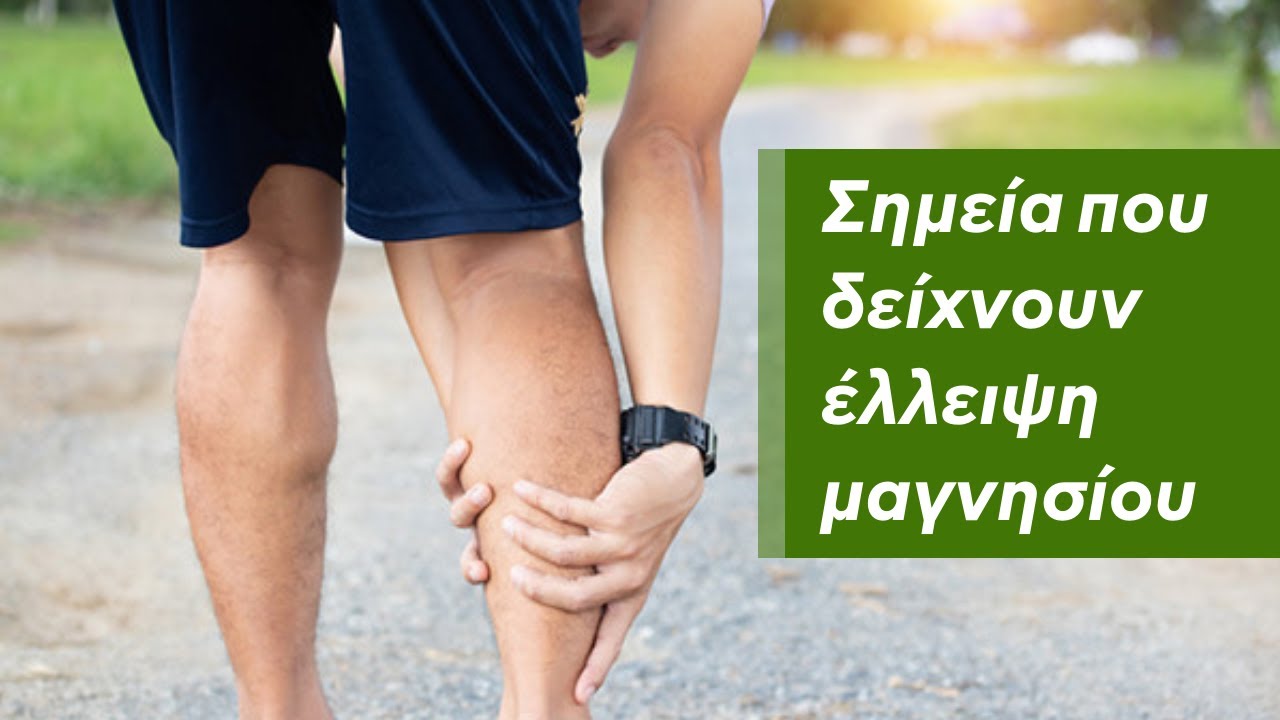
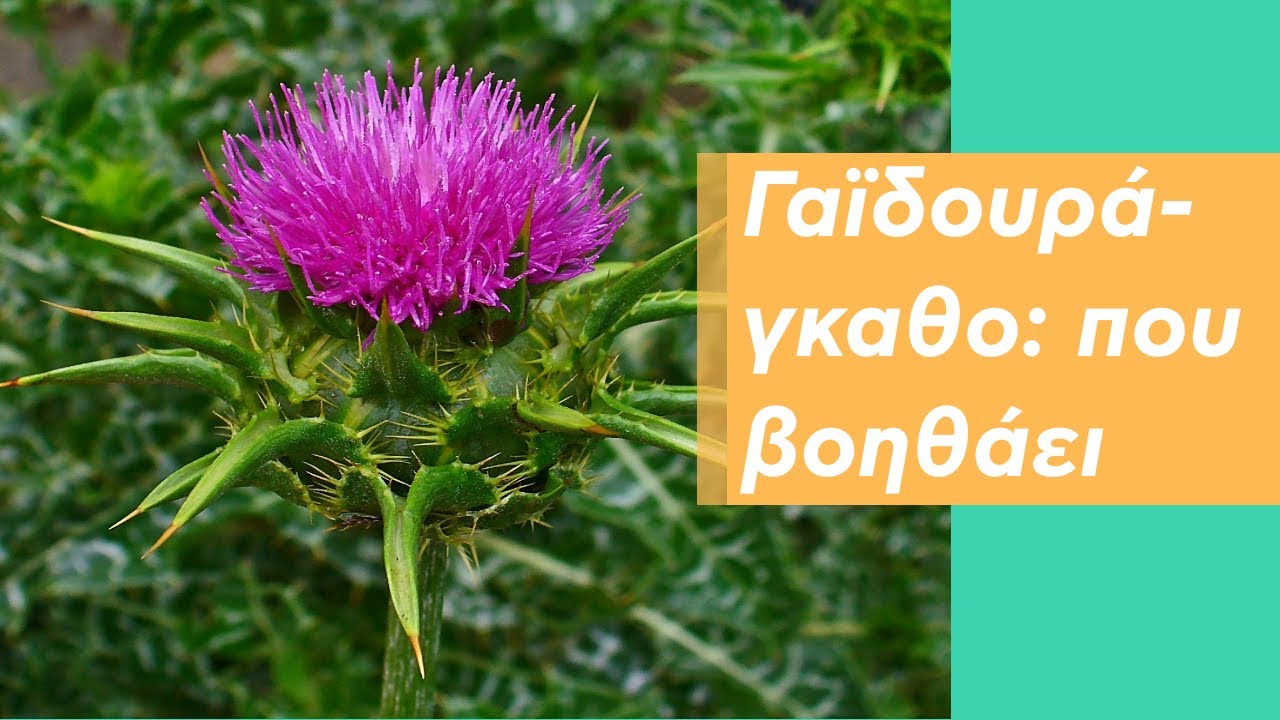
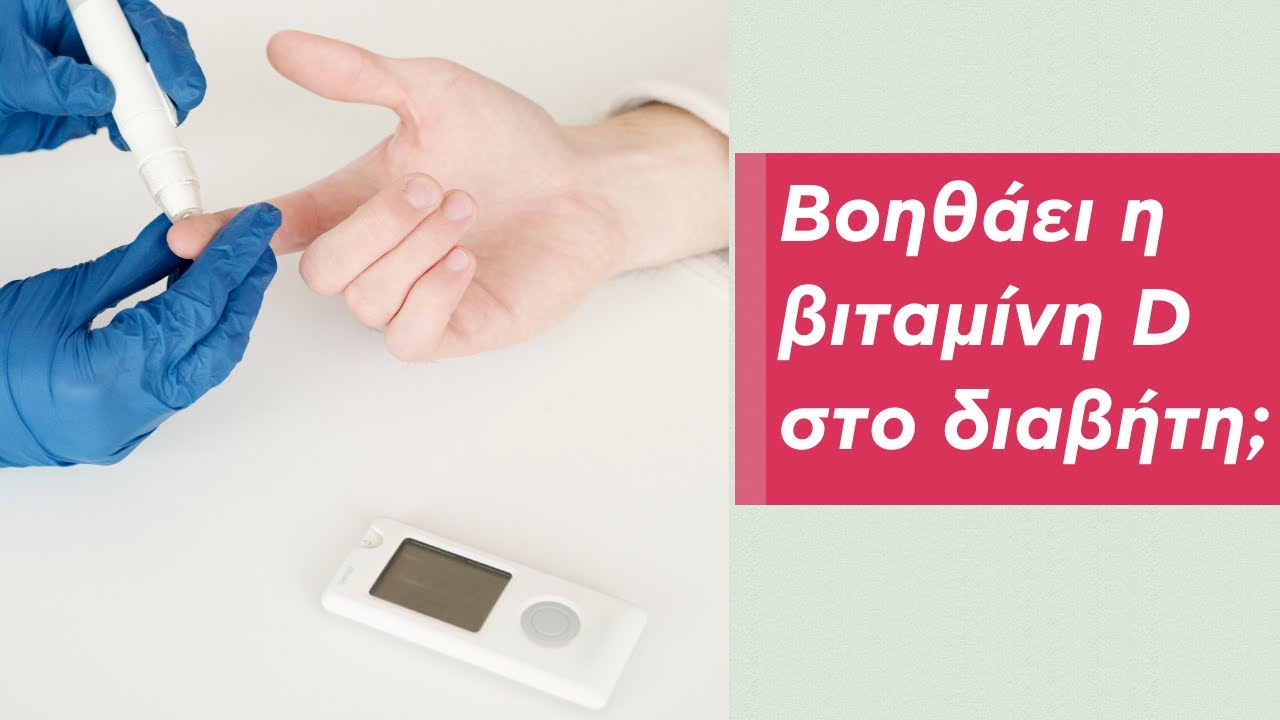
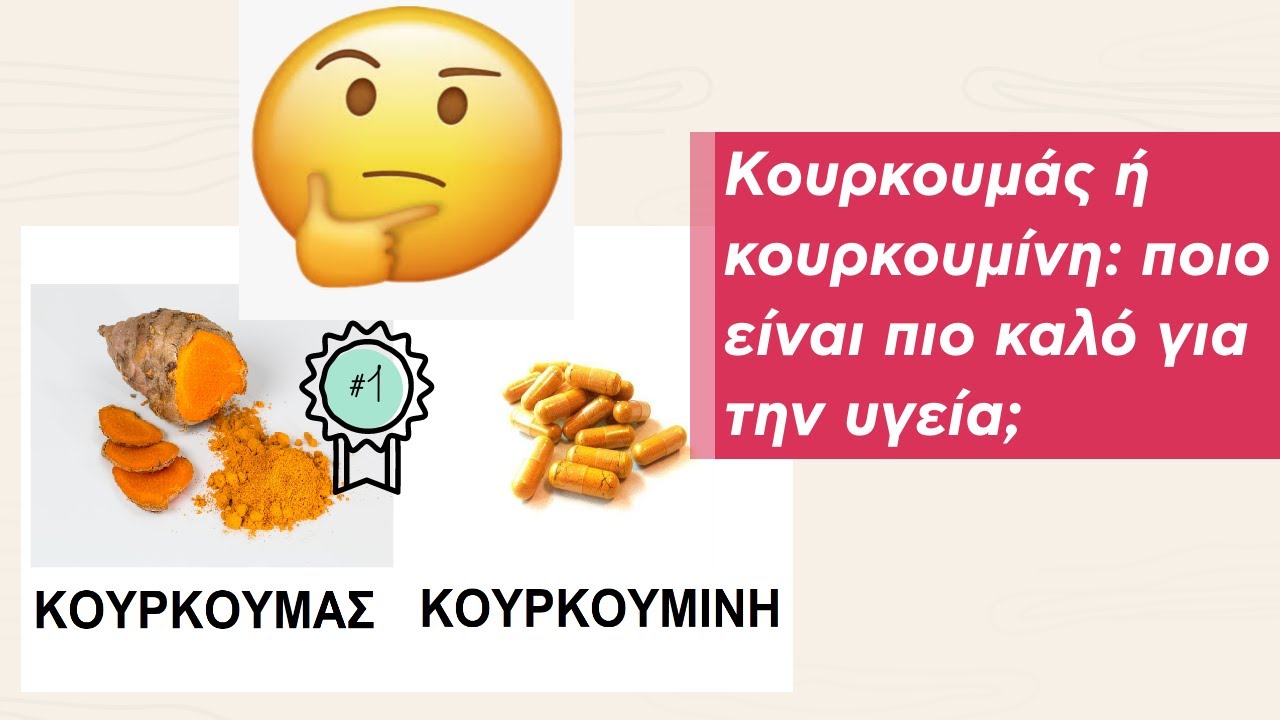
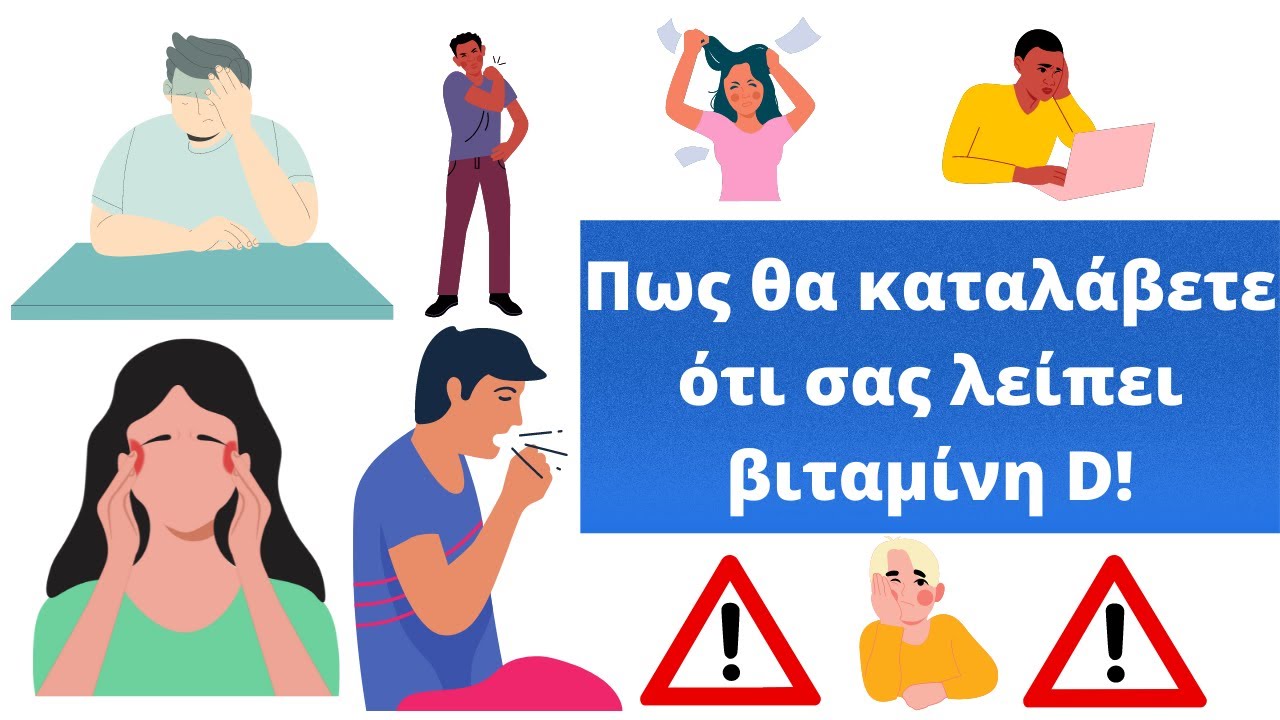
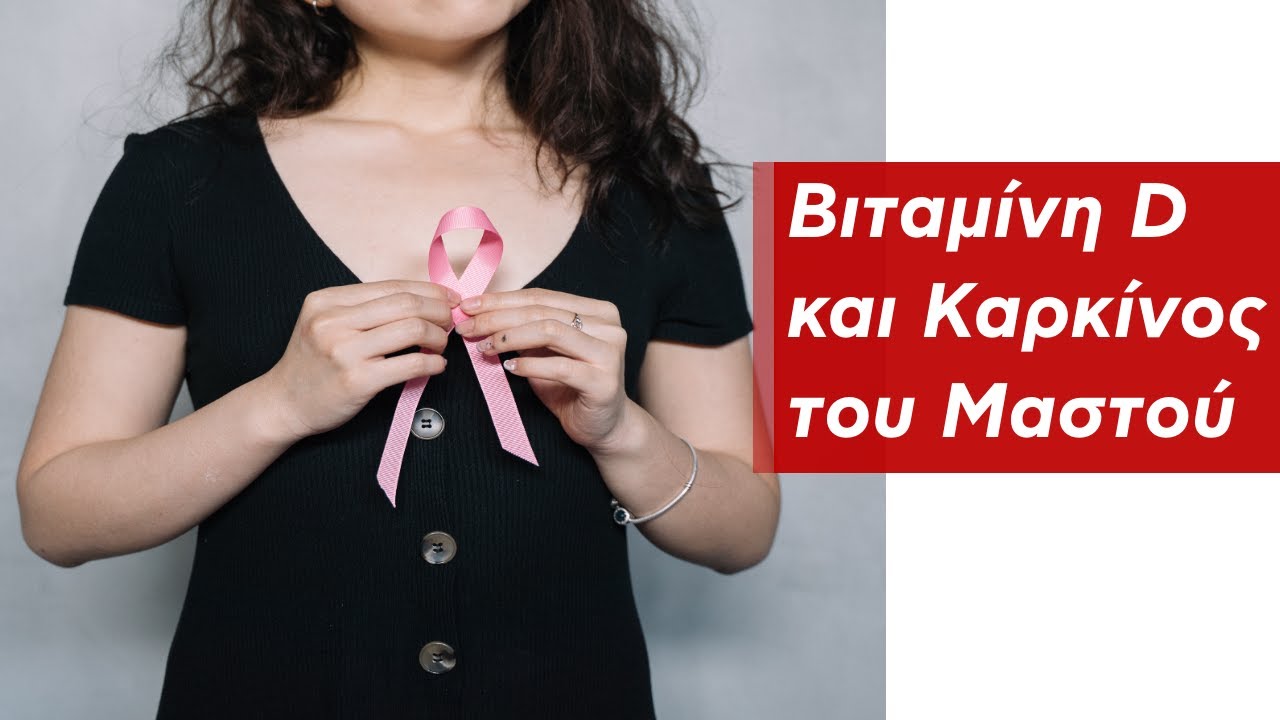
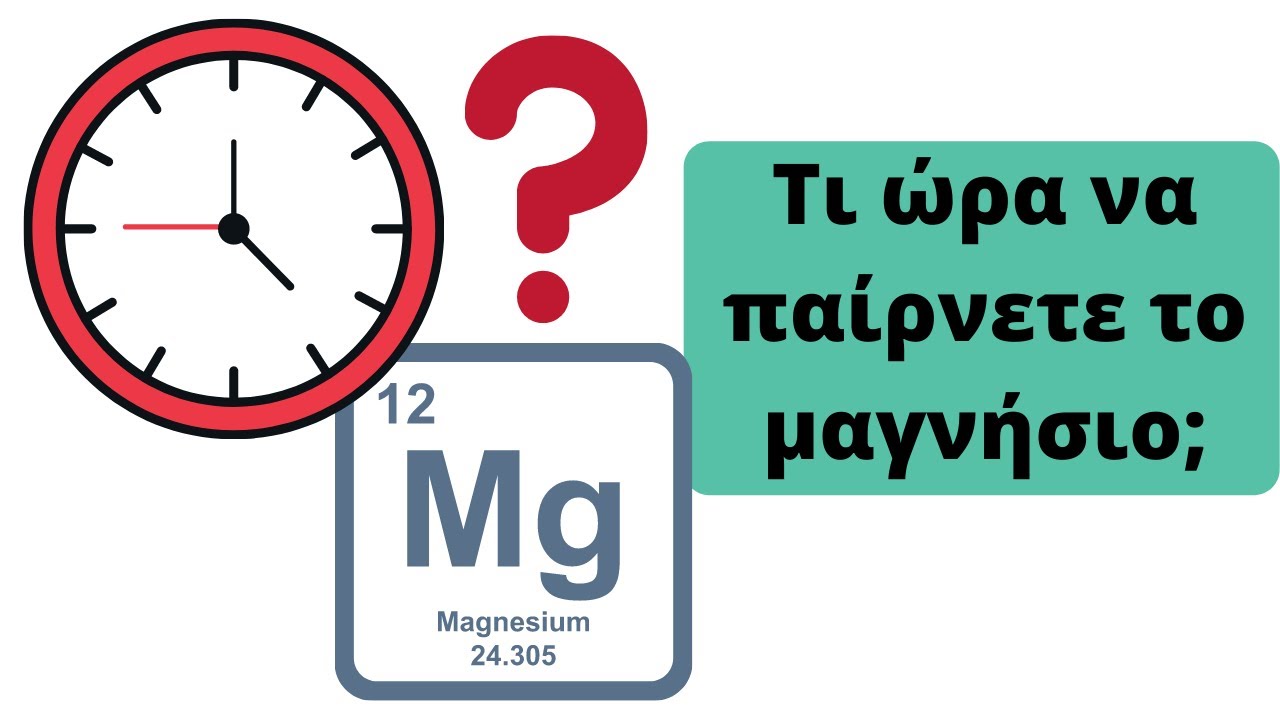
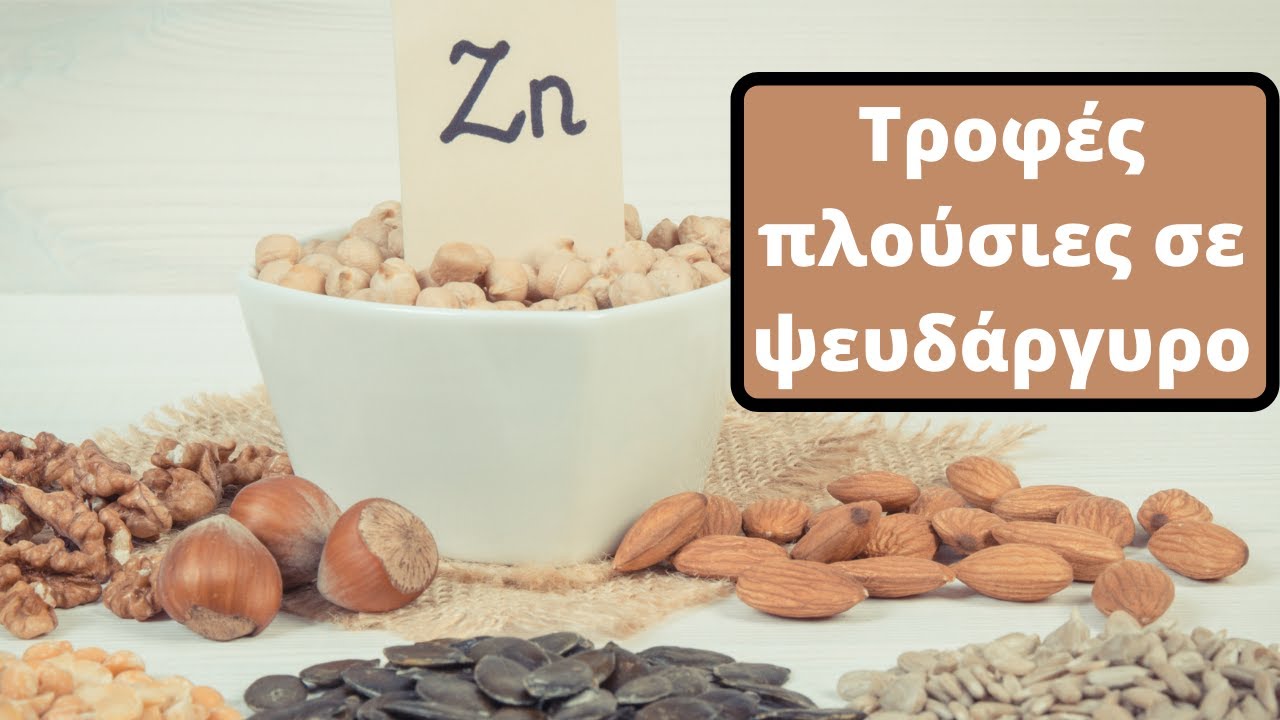
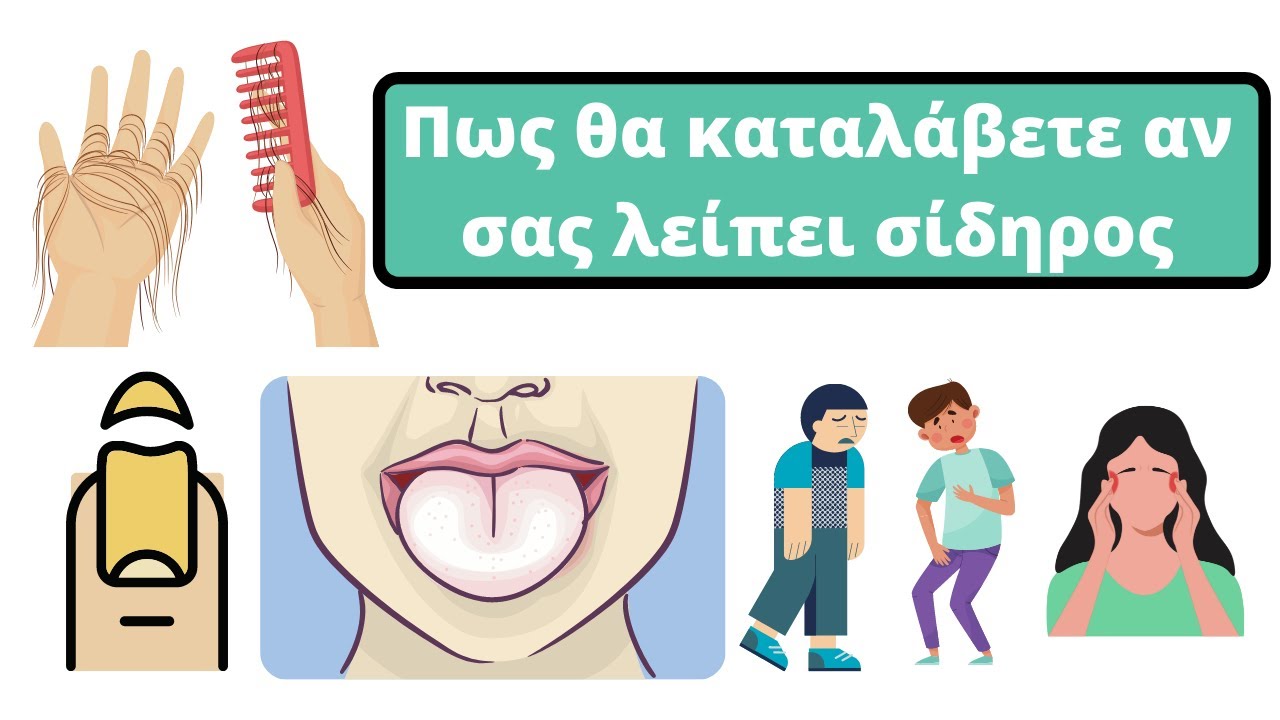
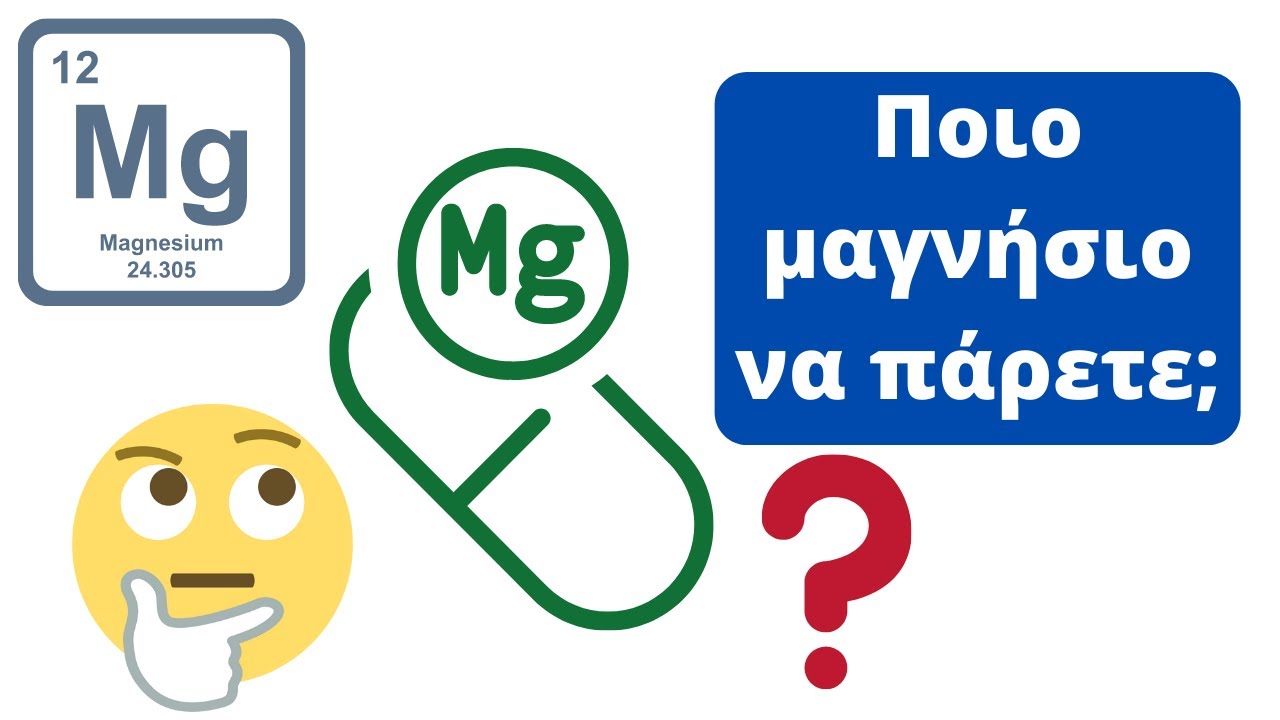
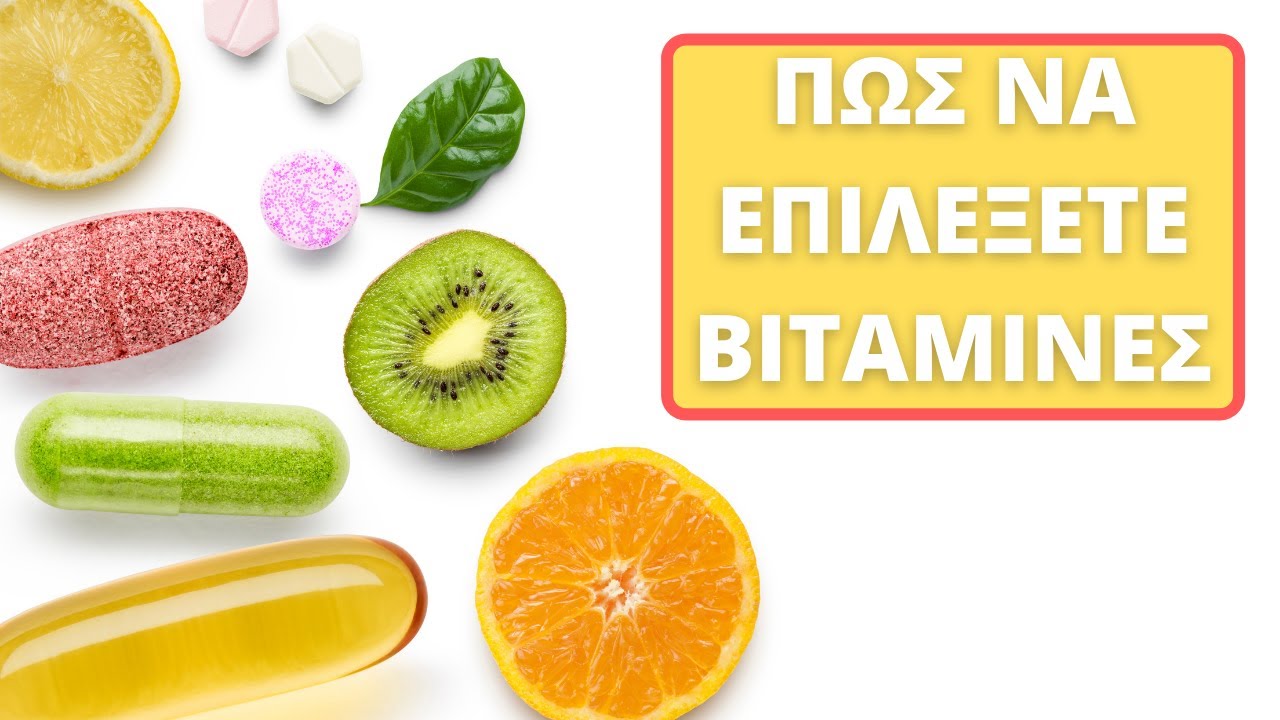
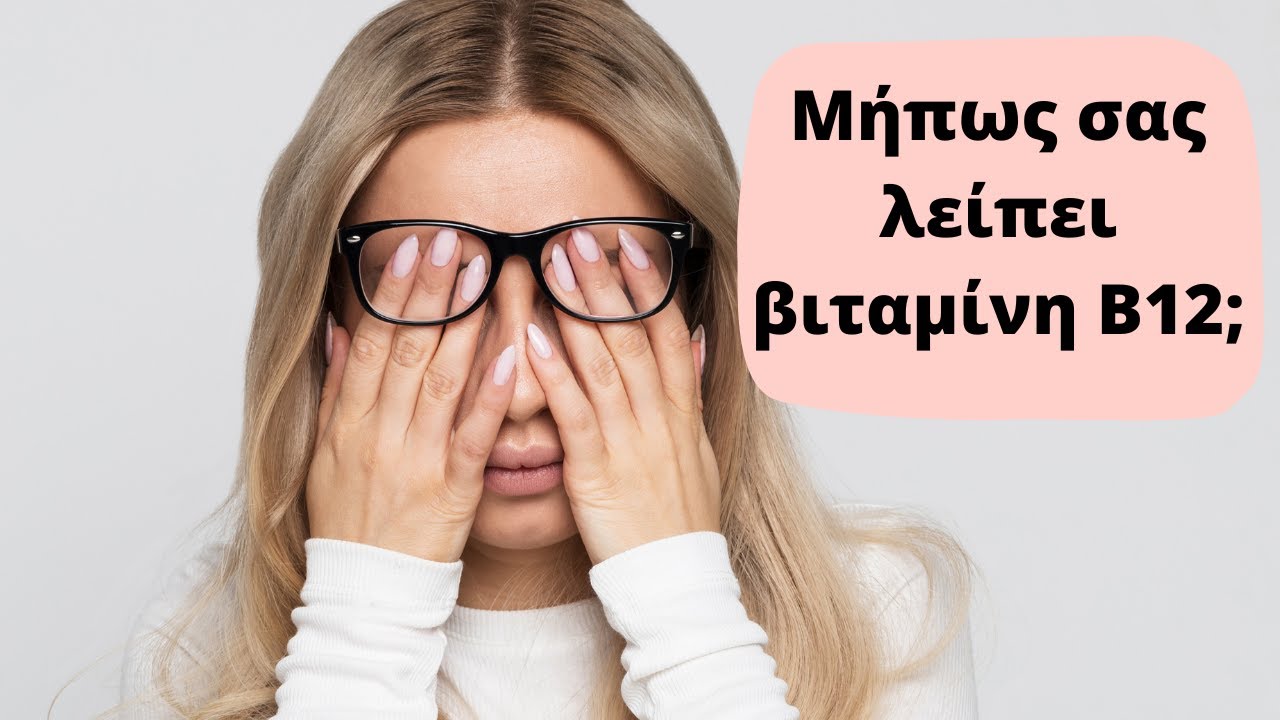
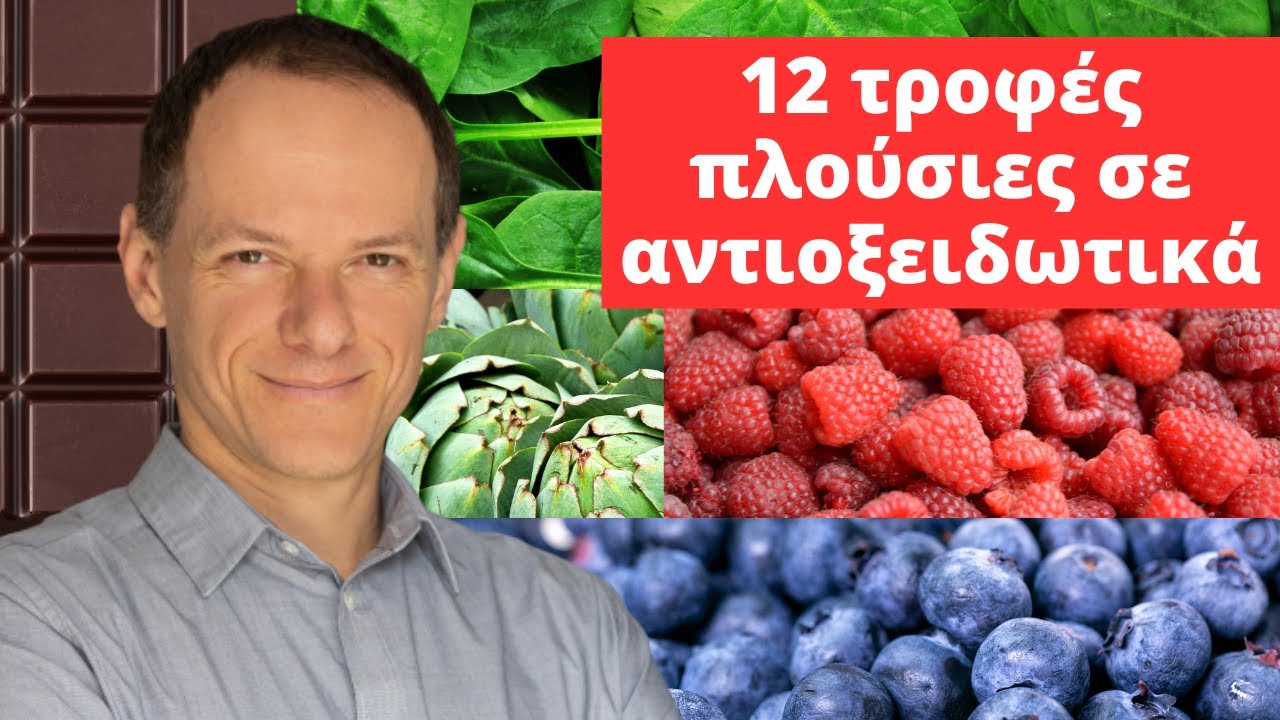
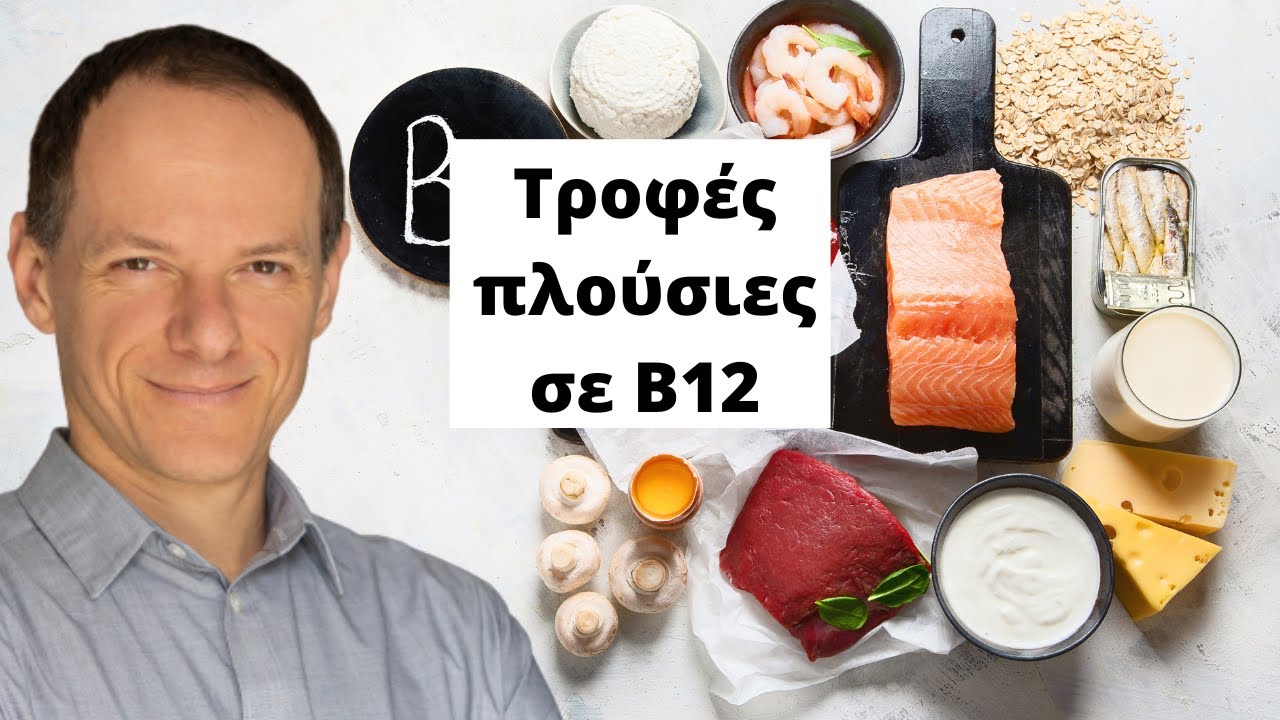

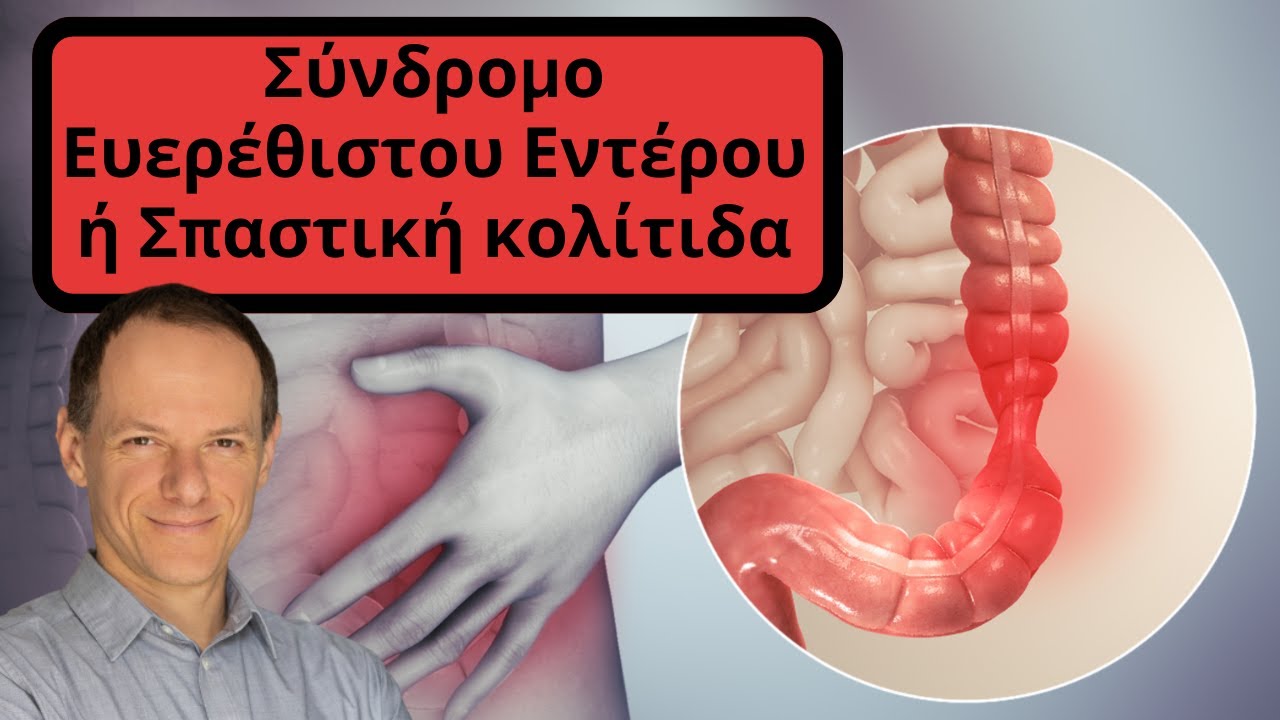
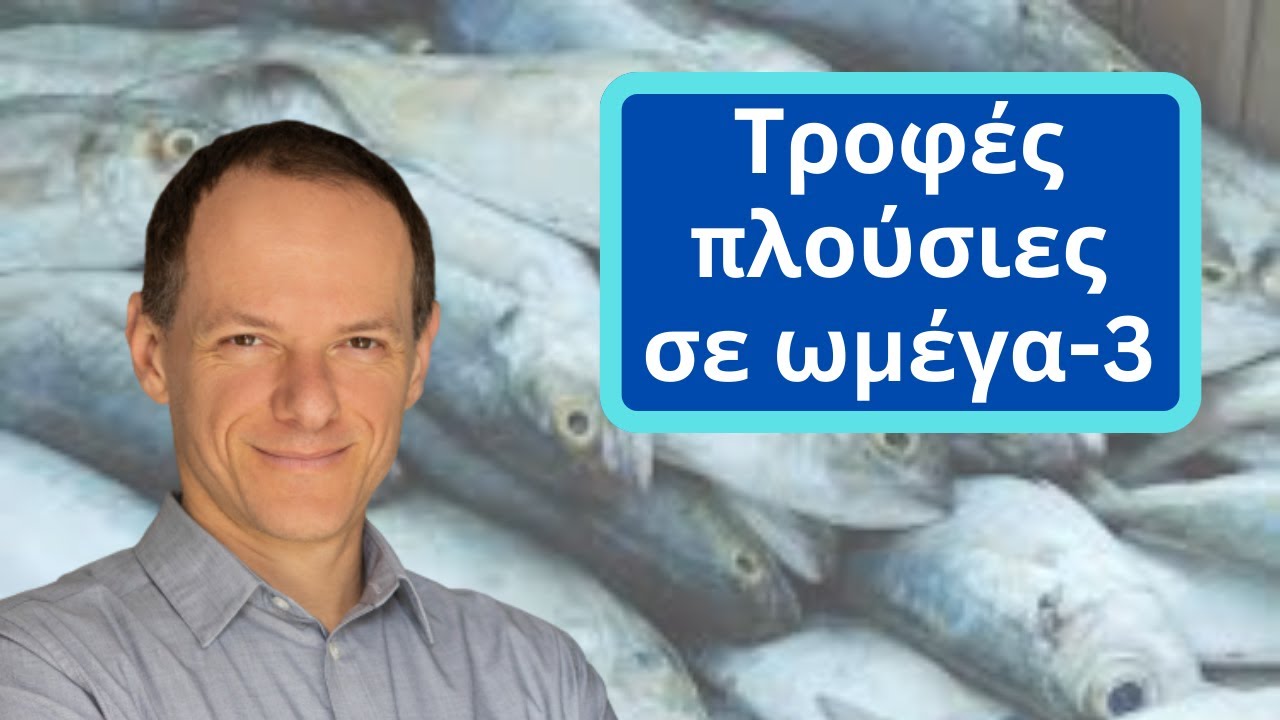
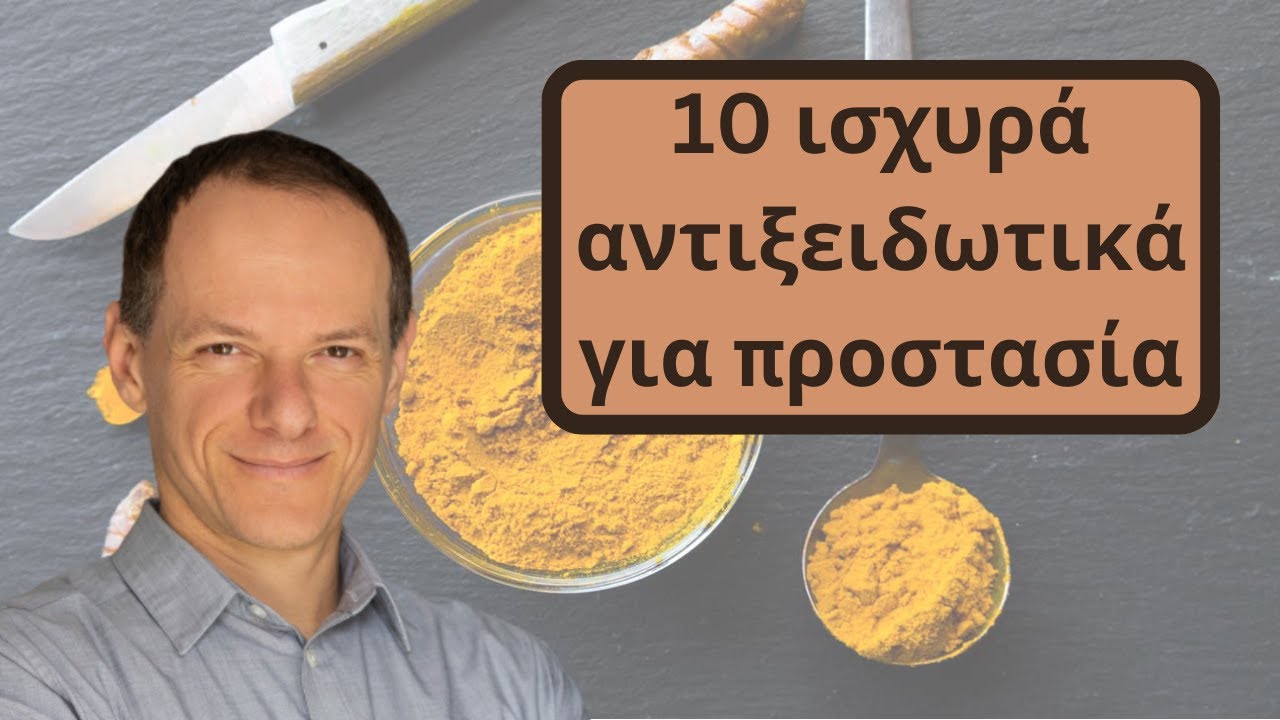
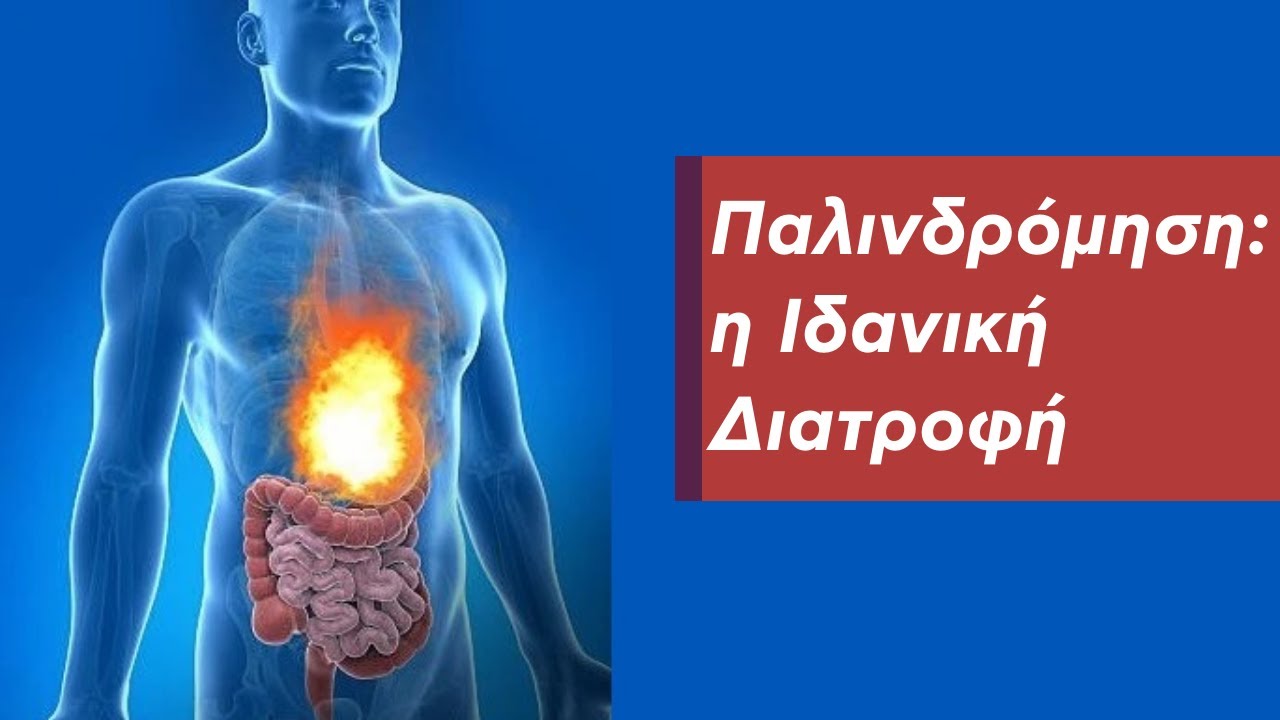
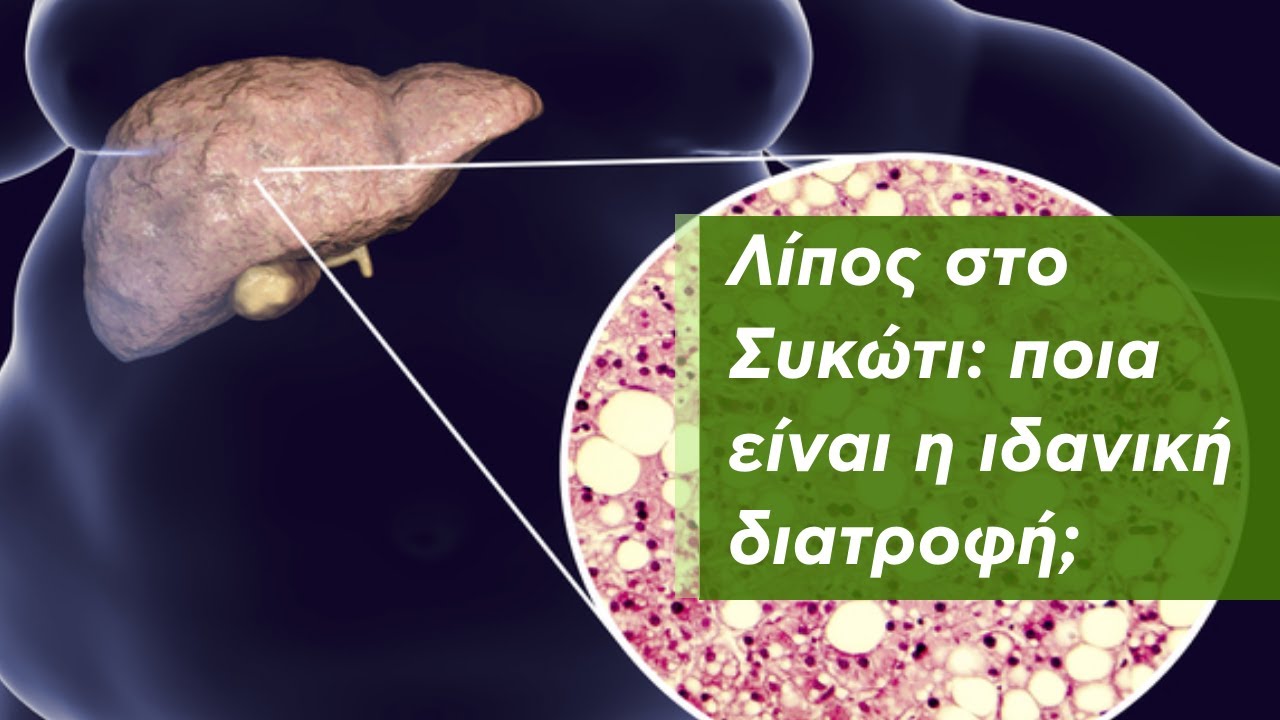
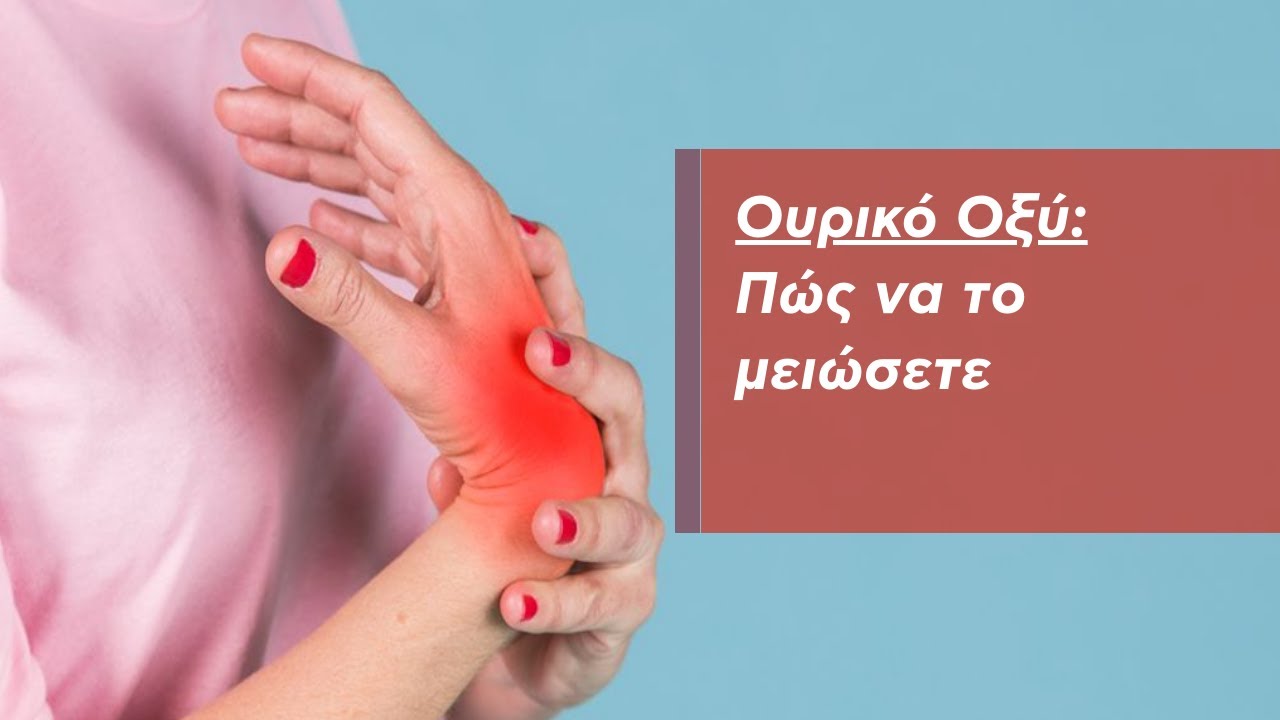
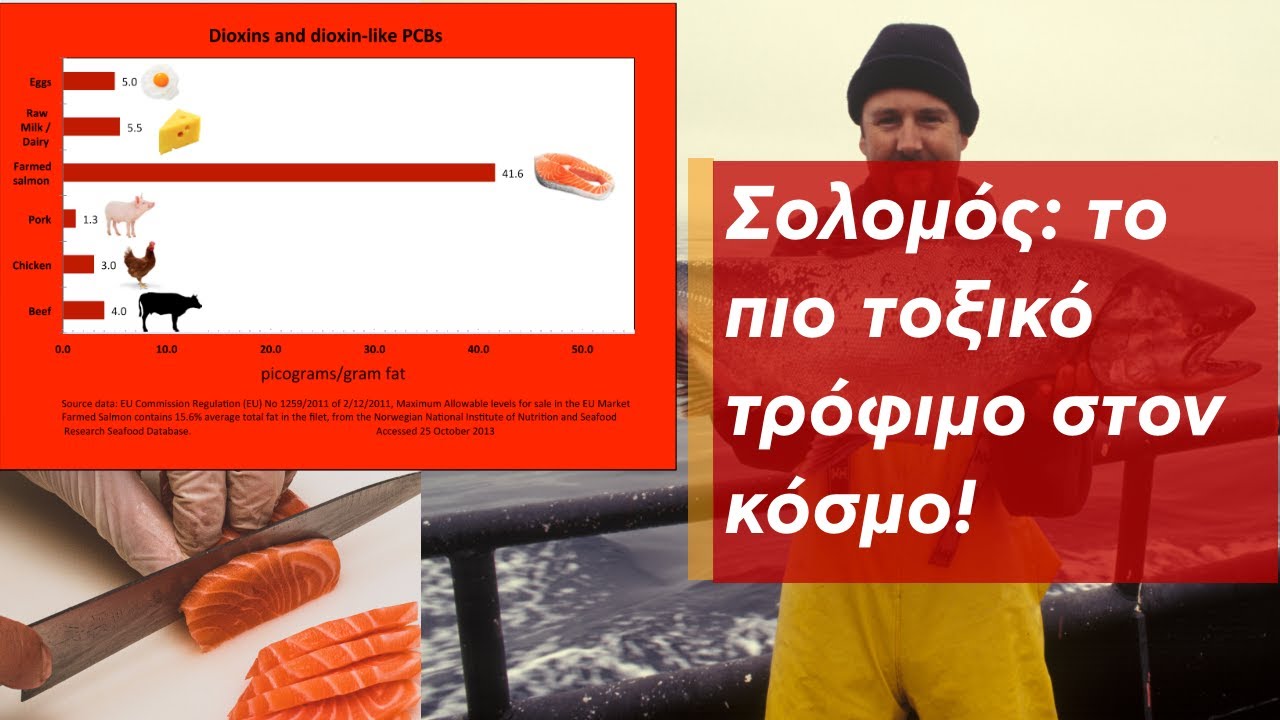
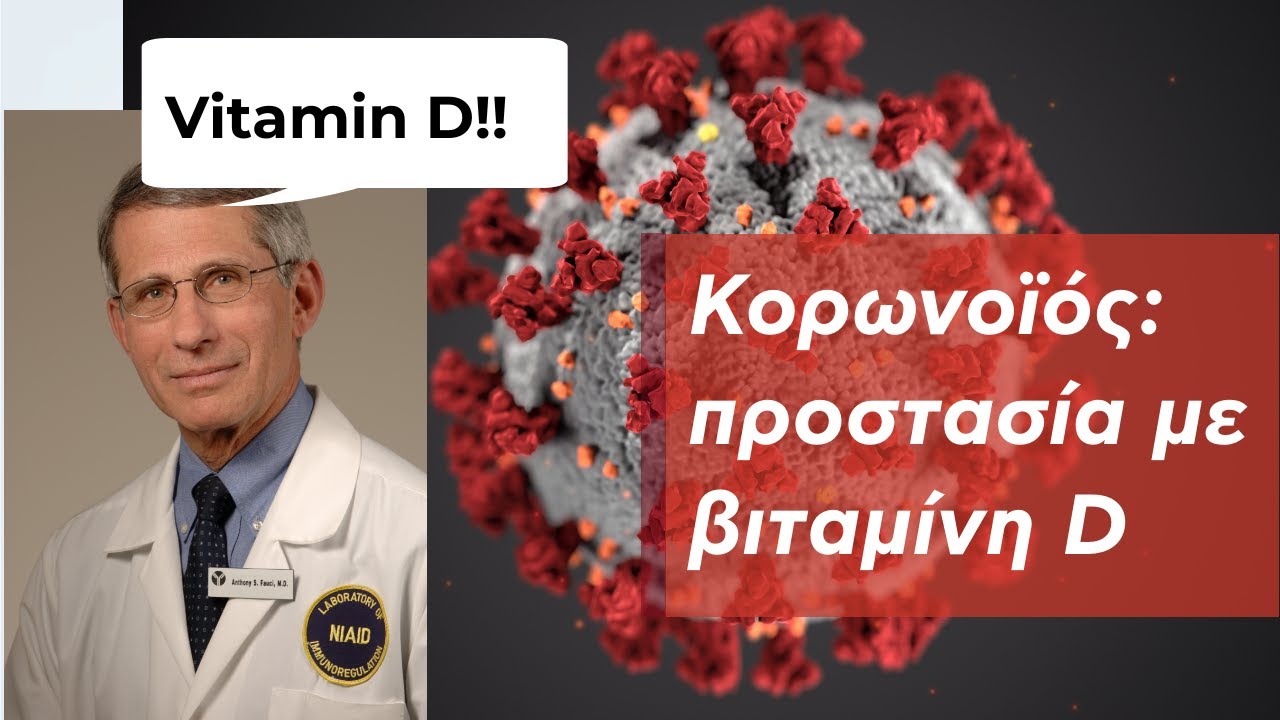
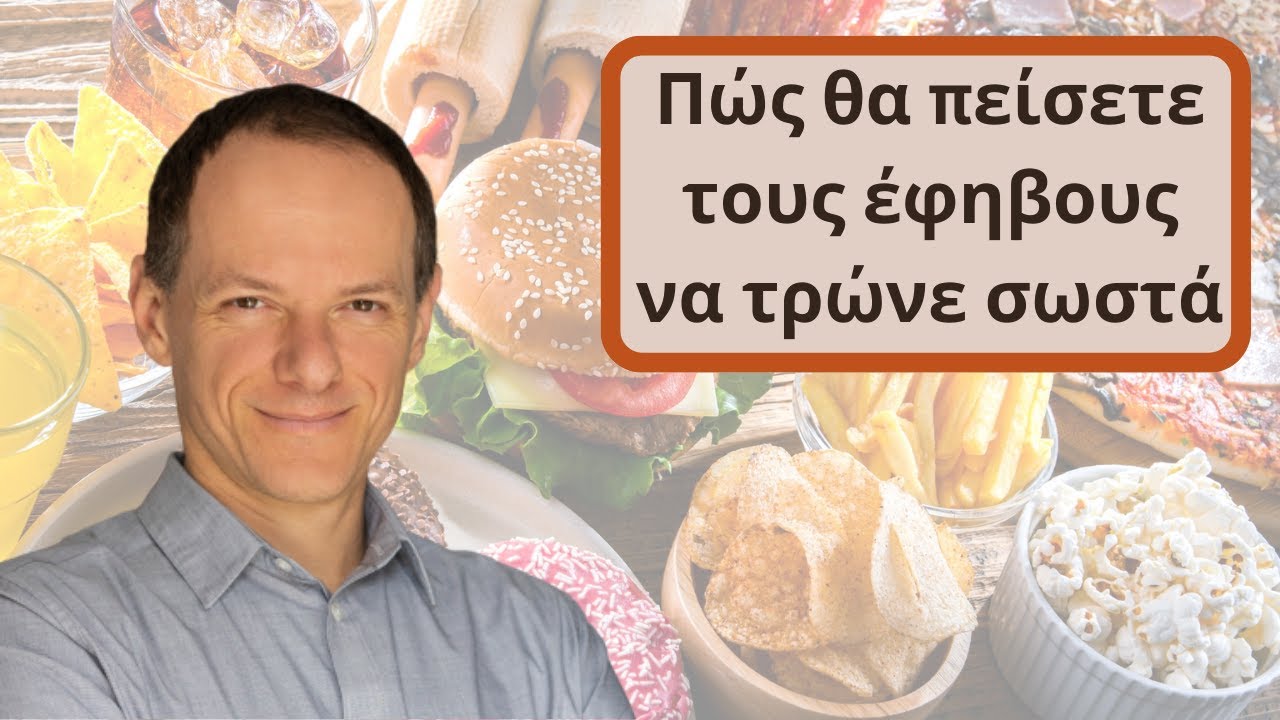


0 Σχόλια